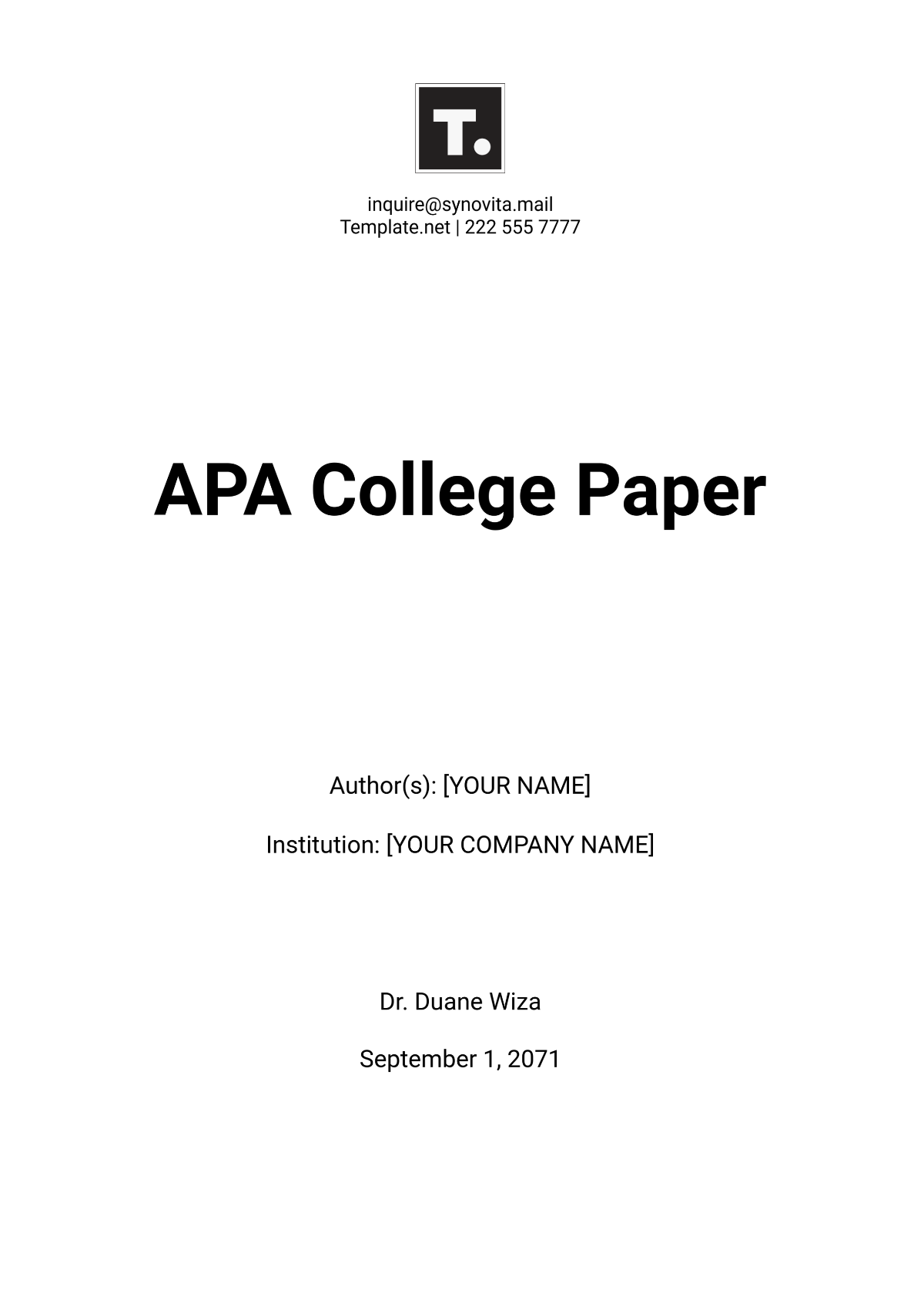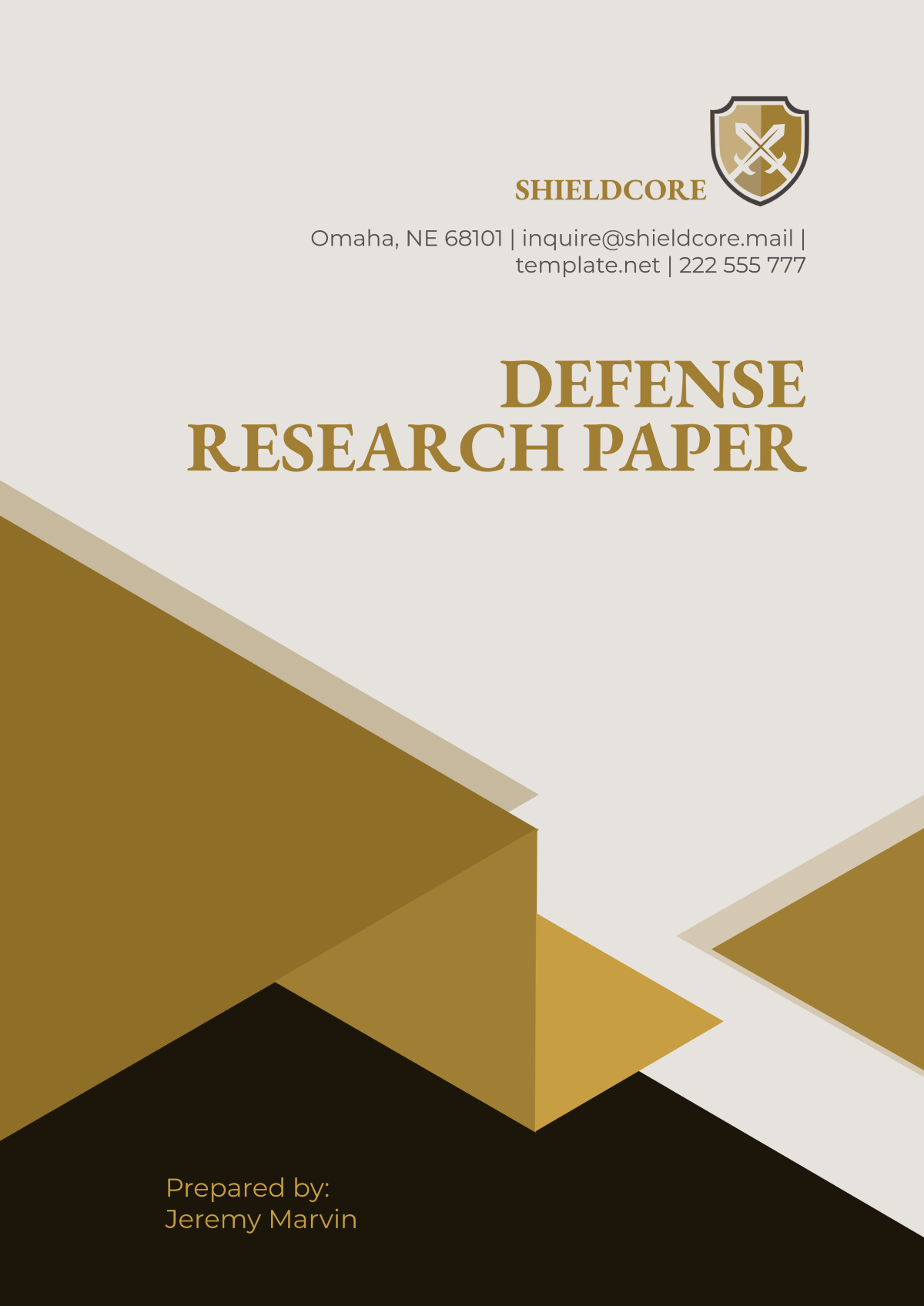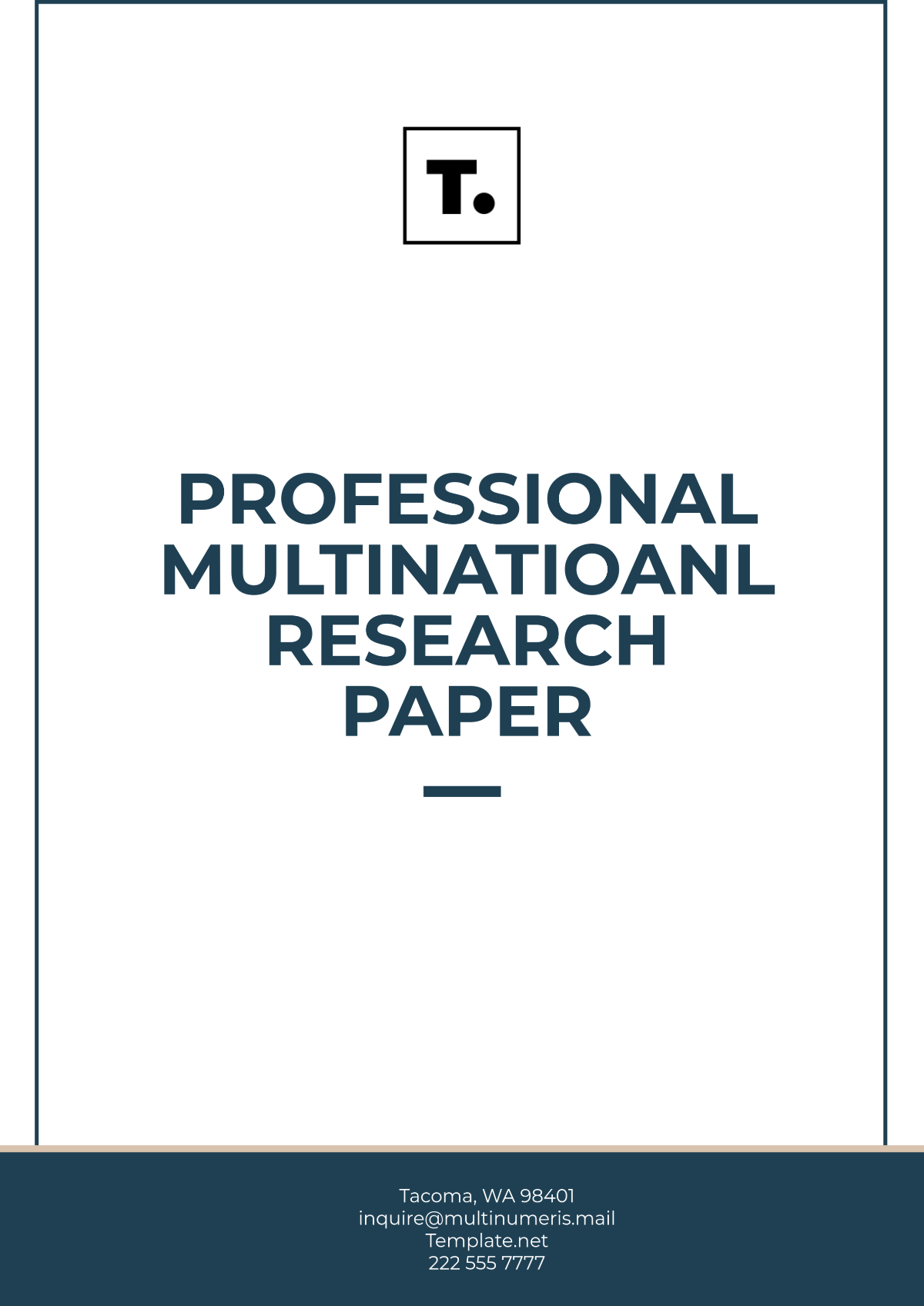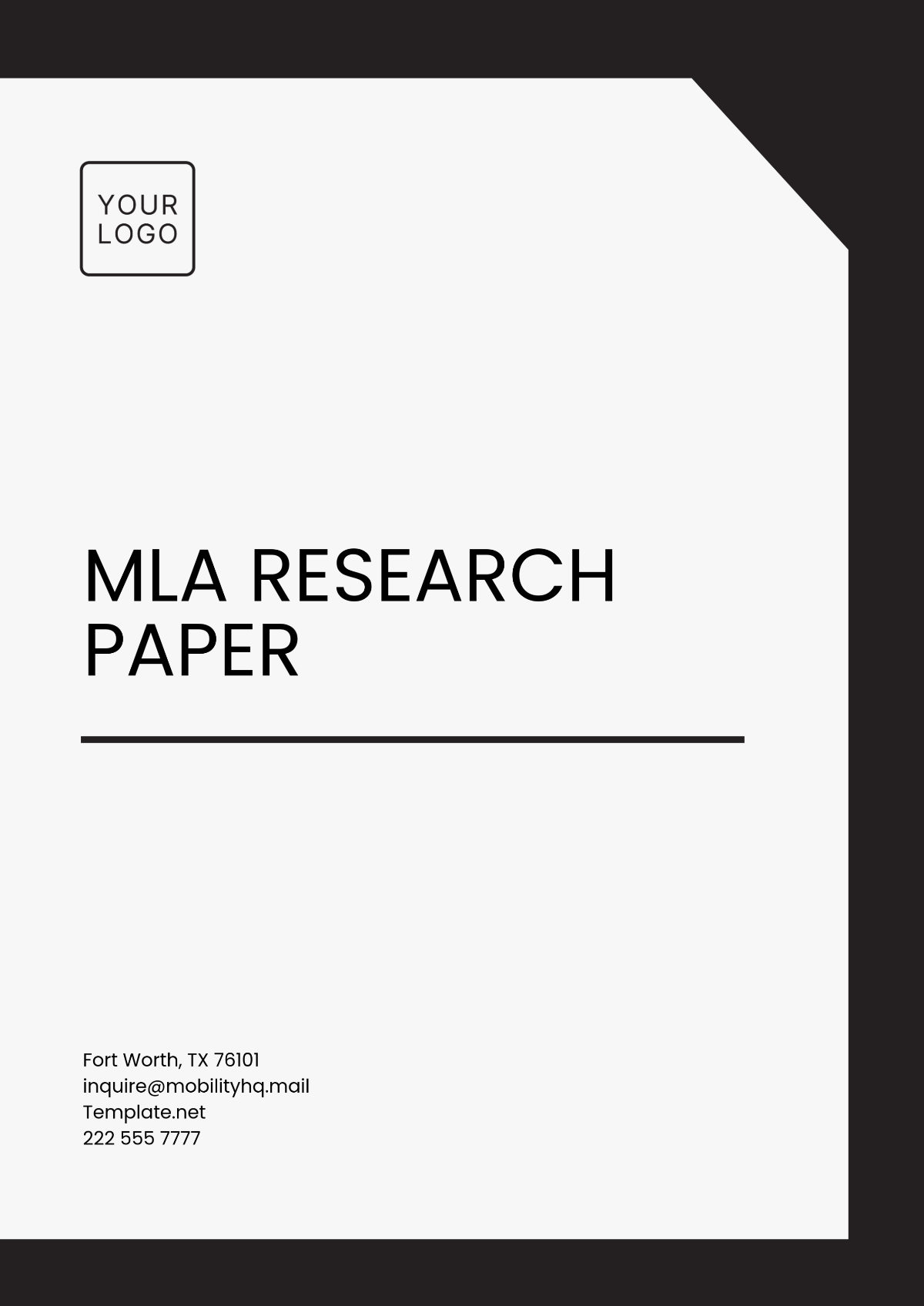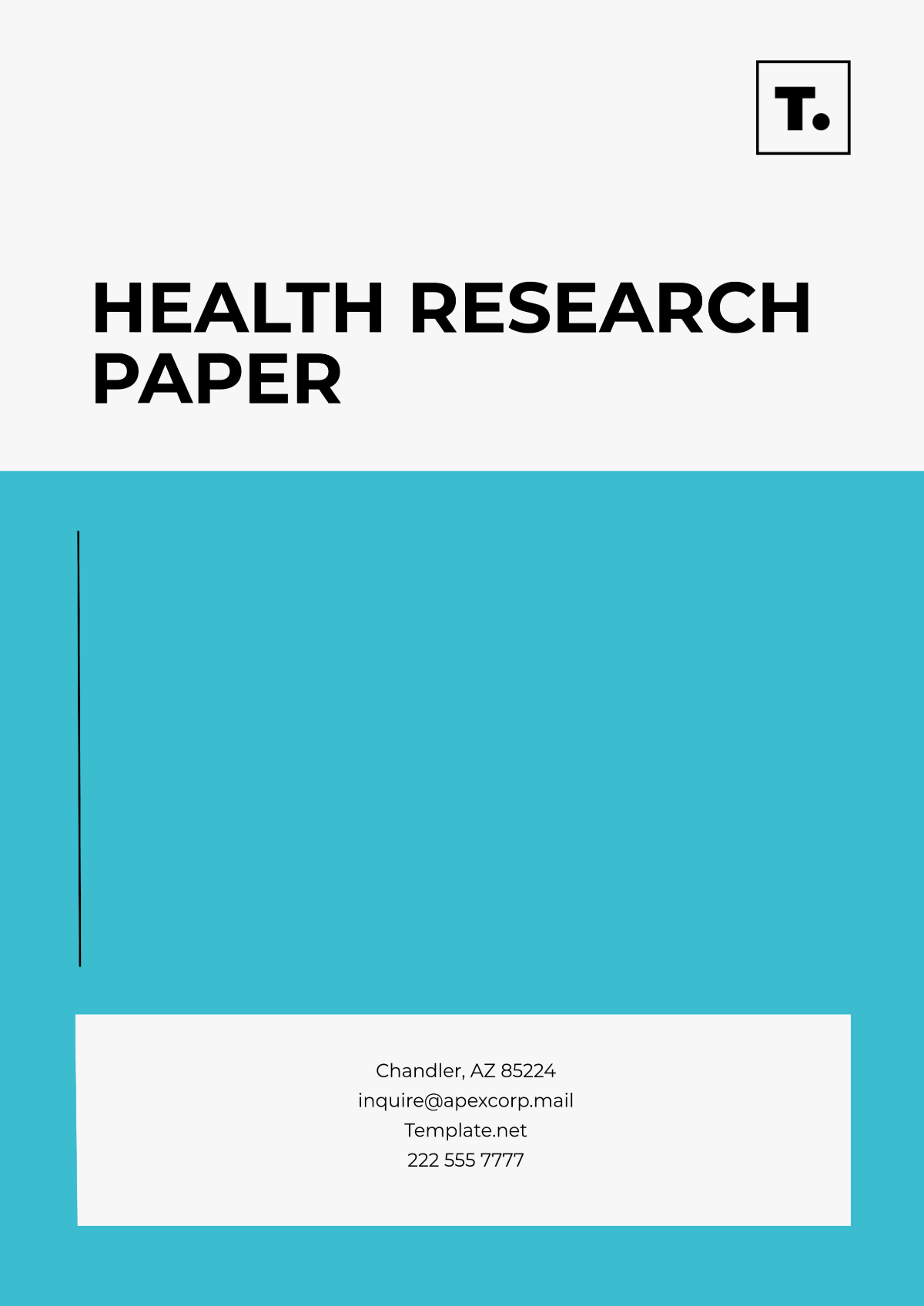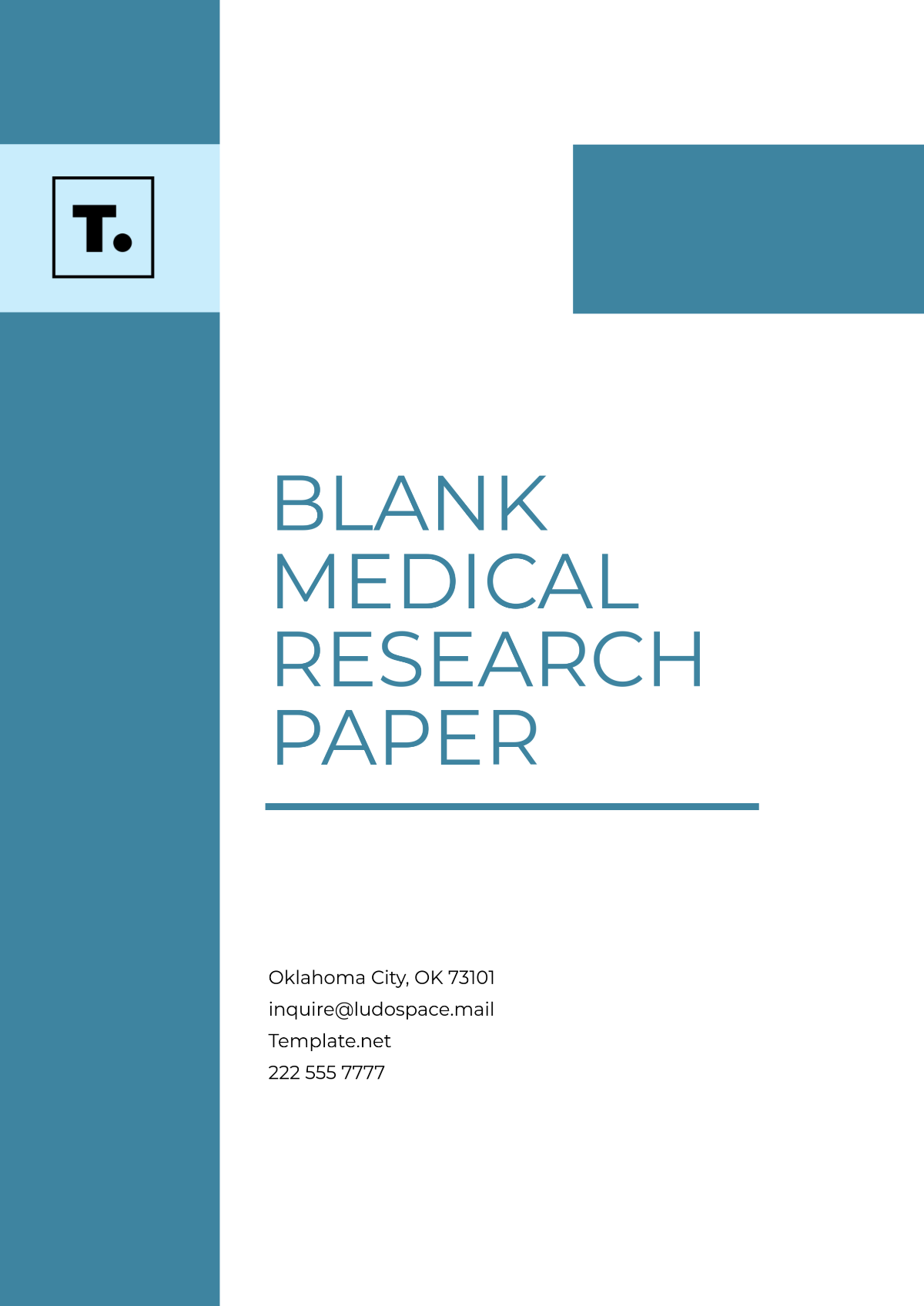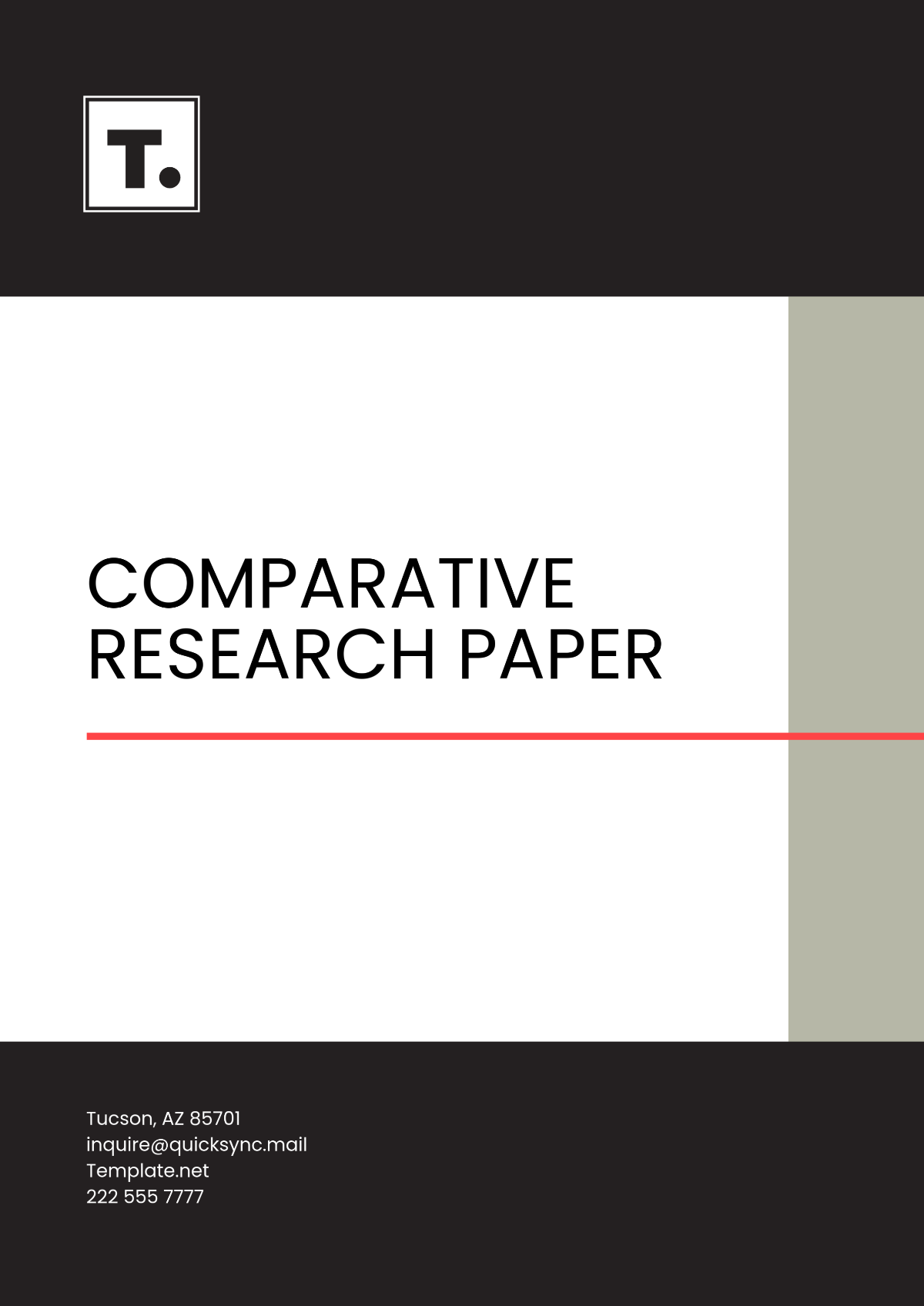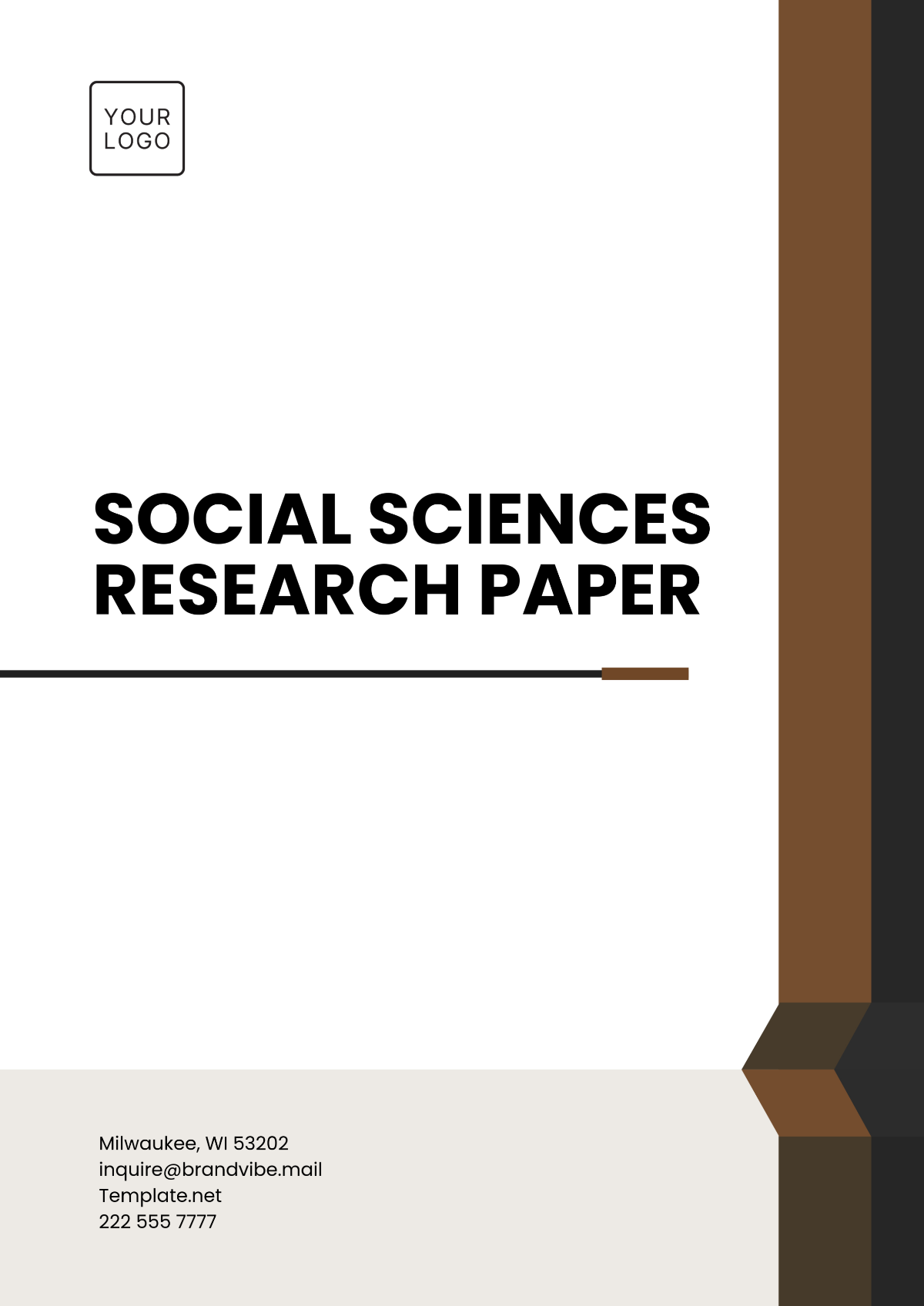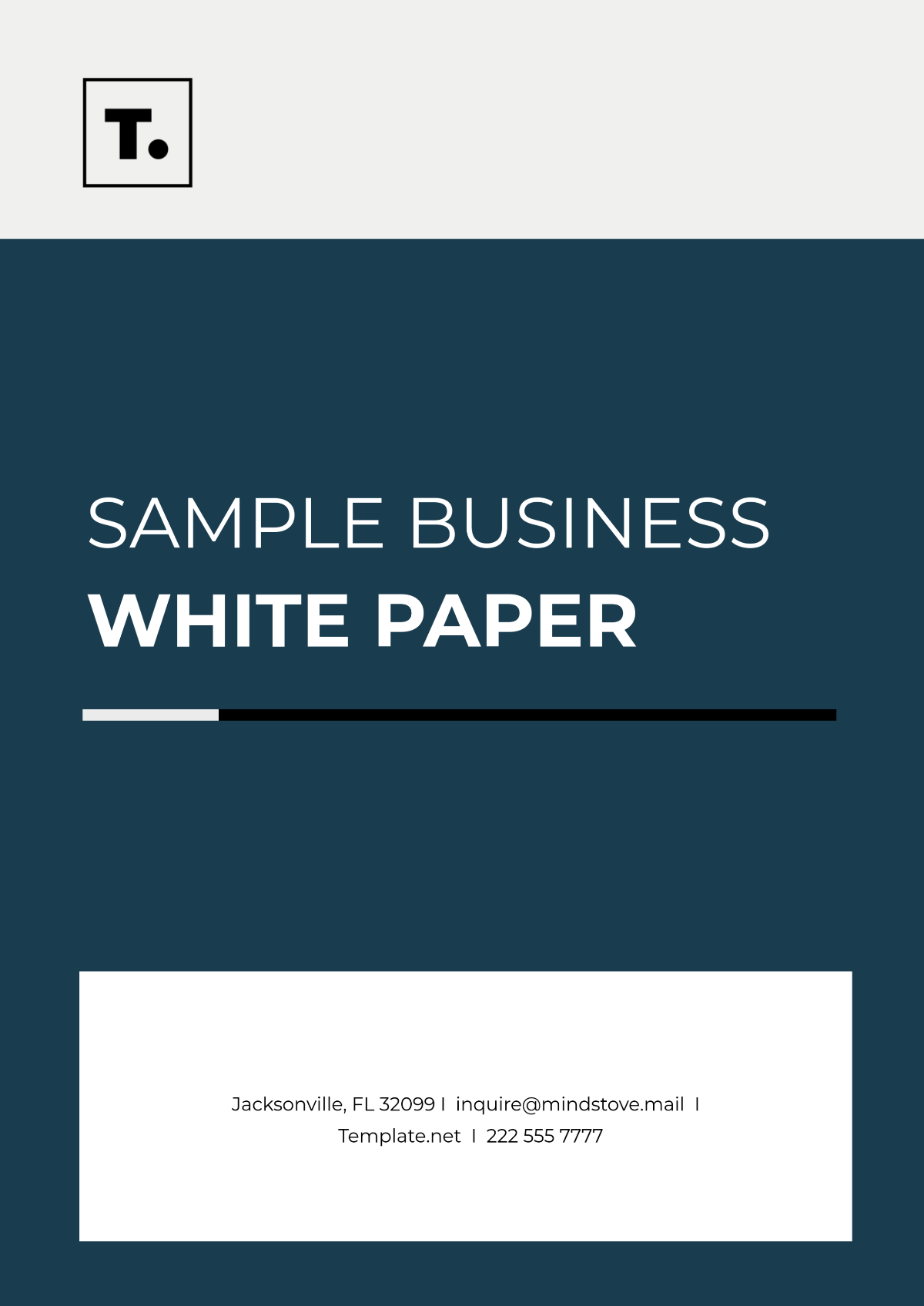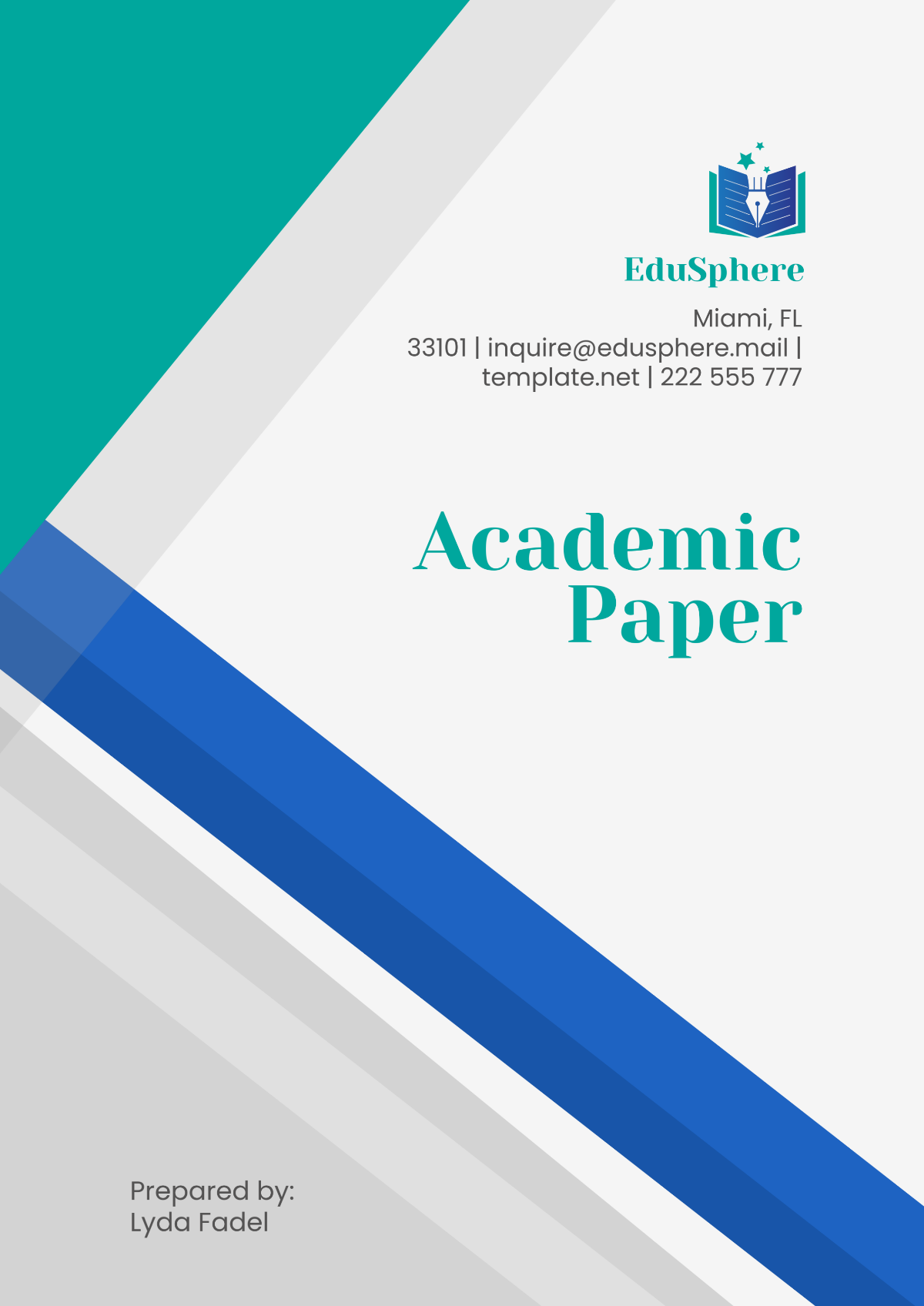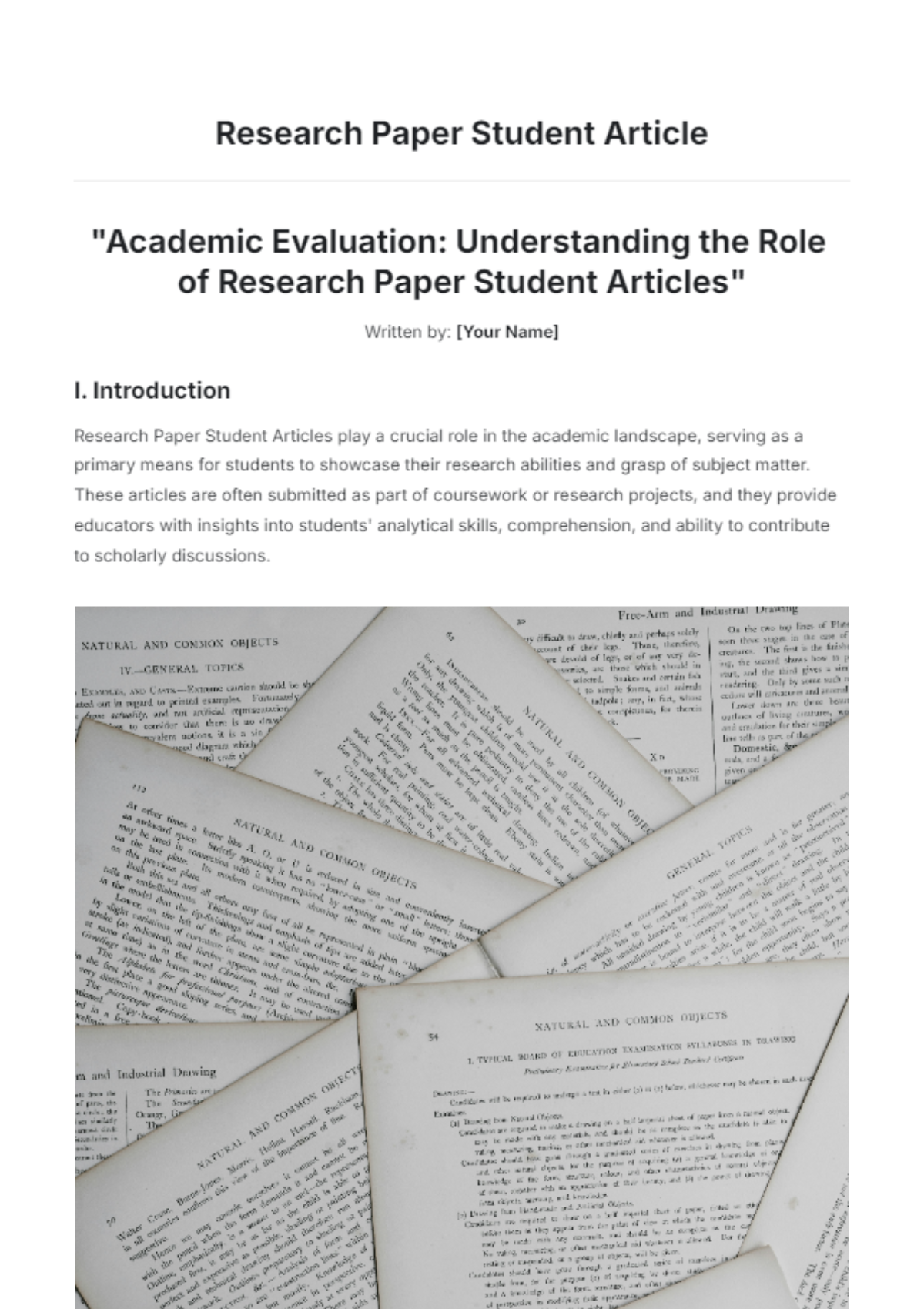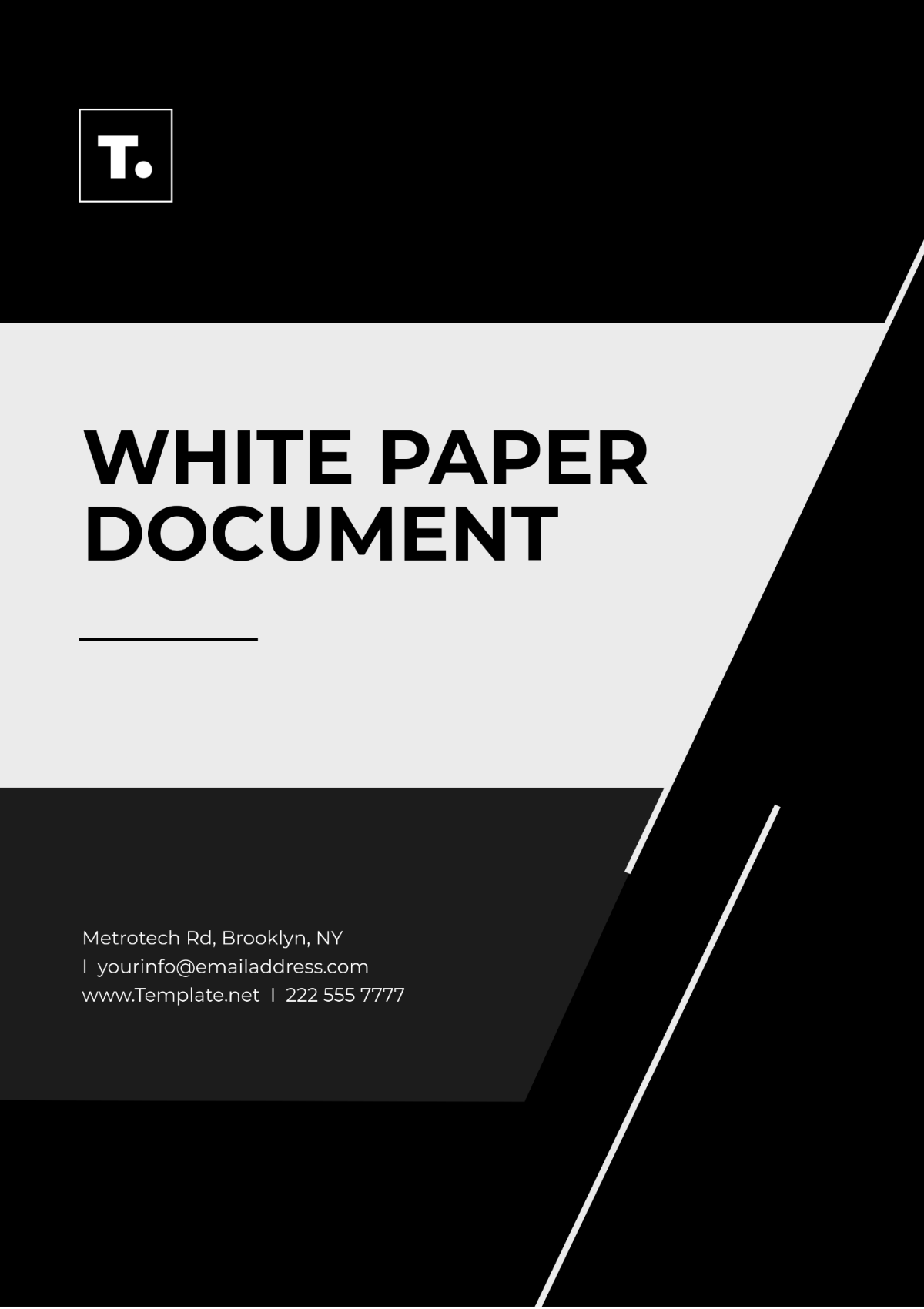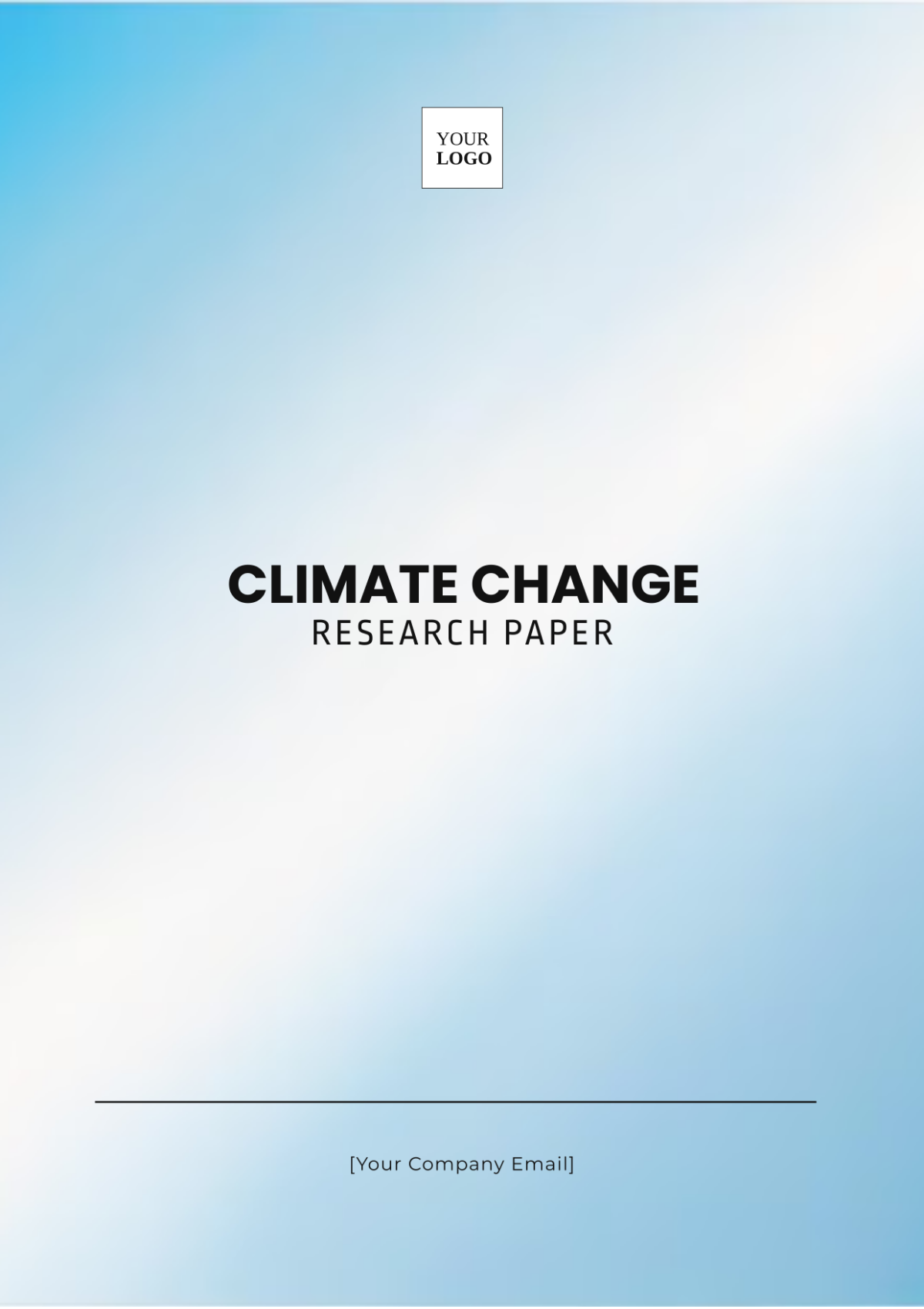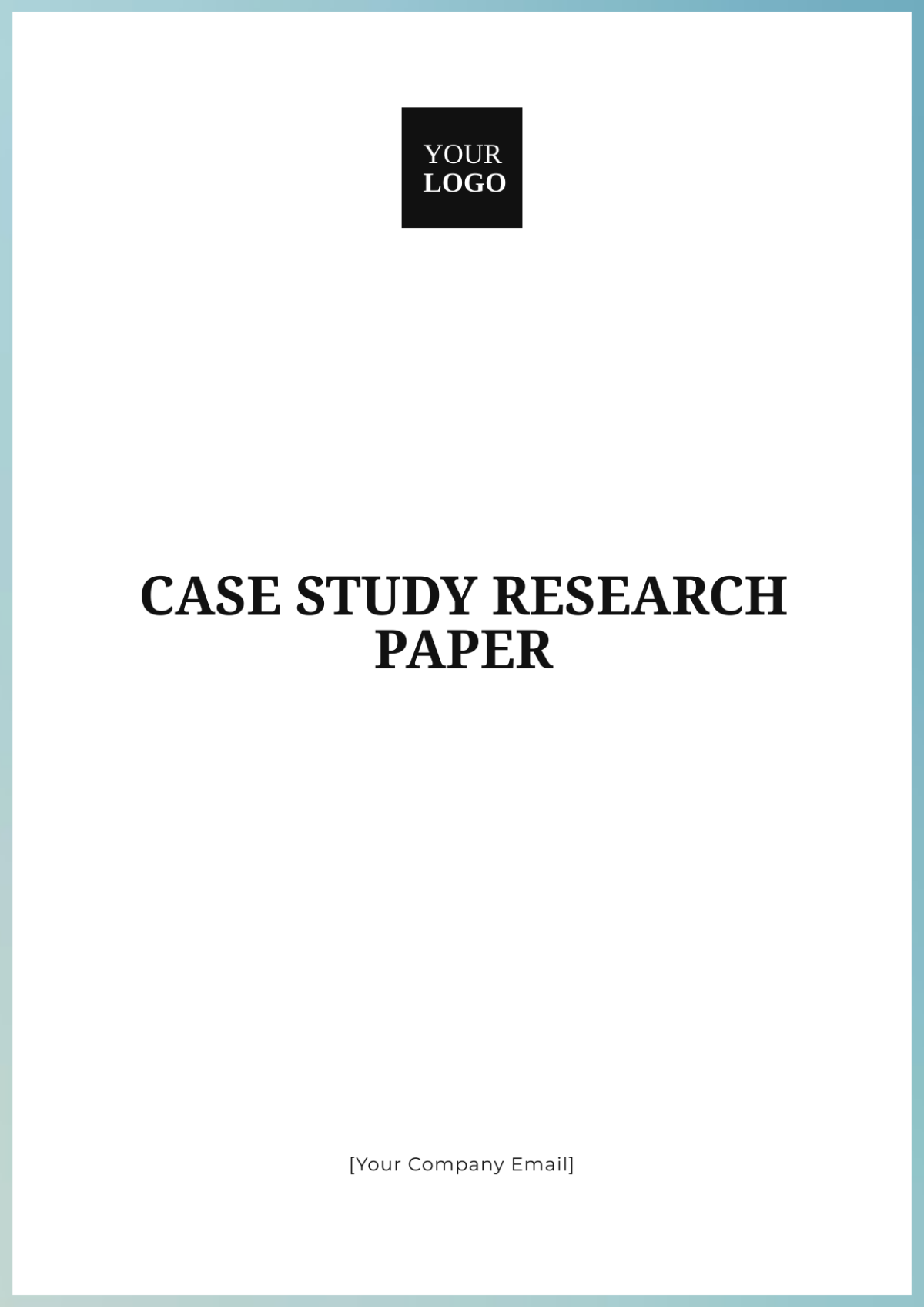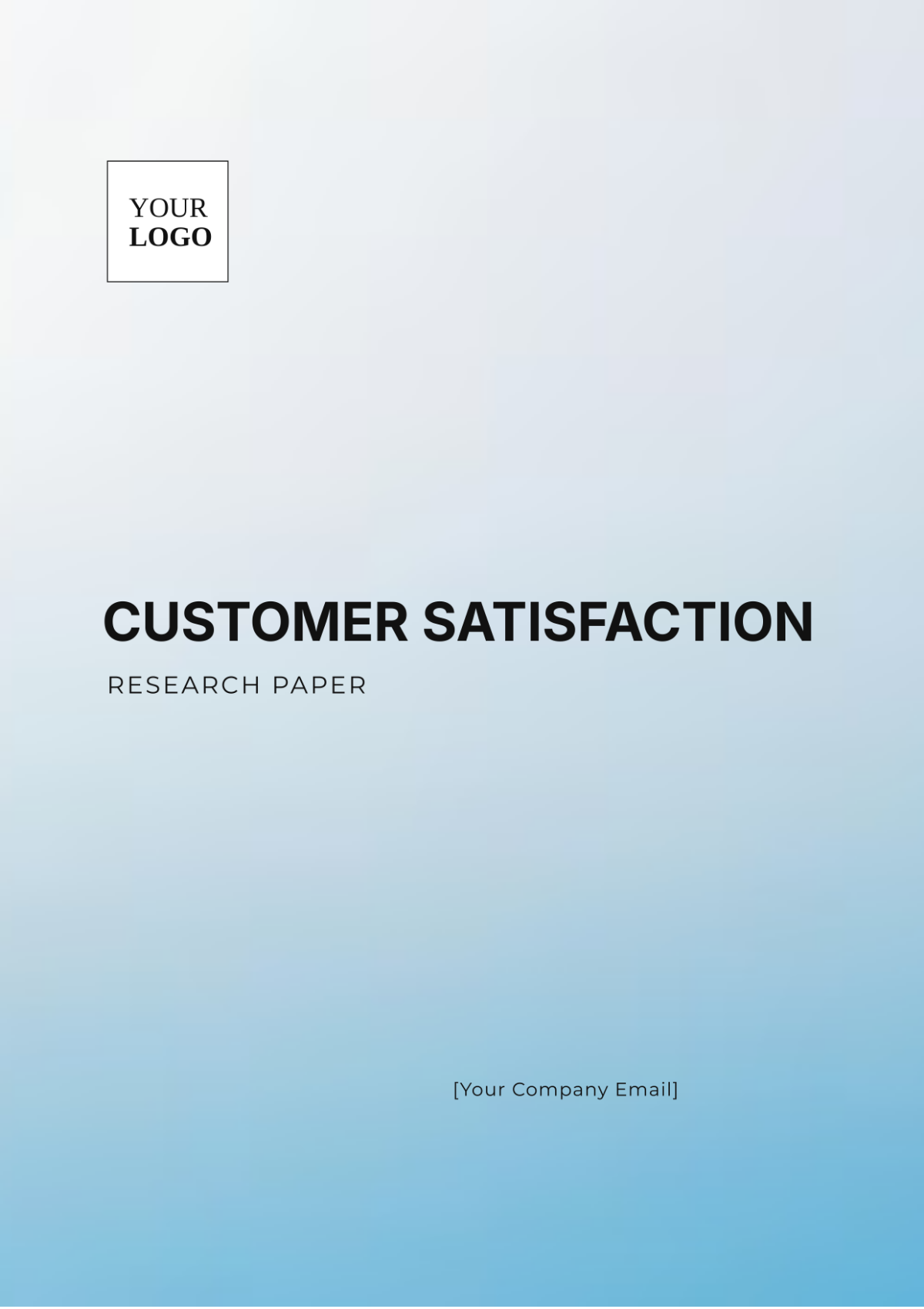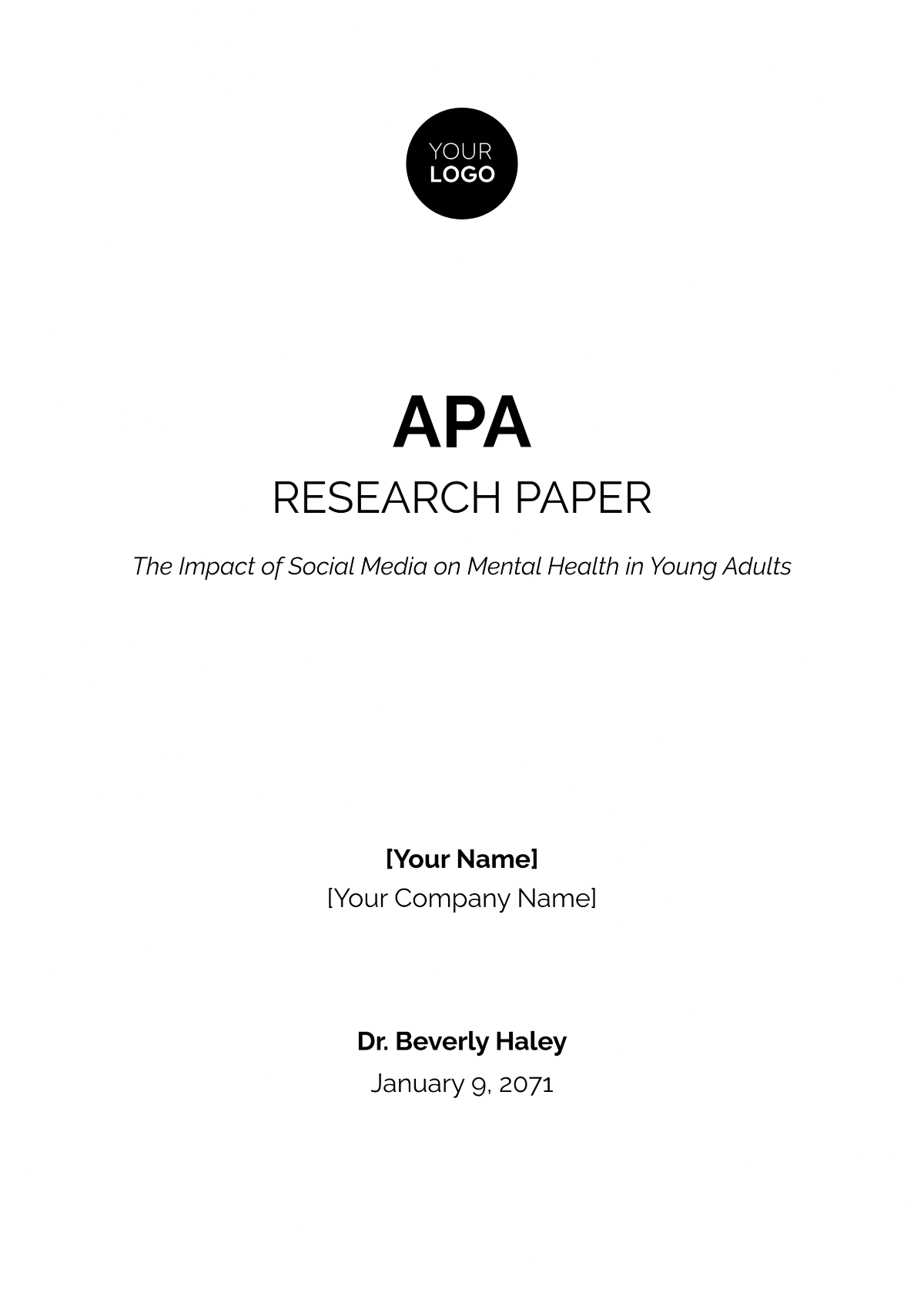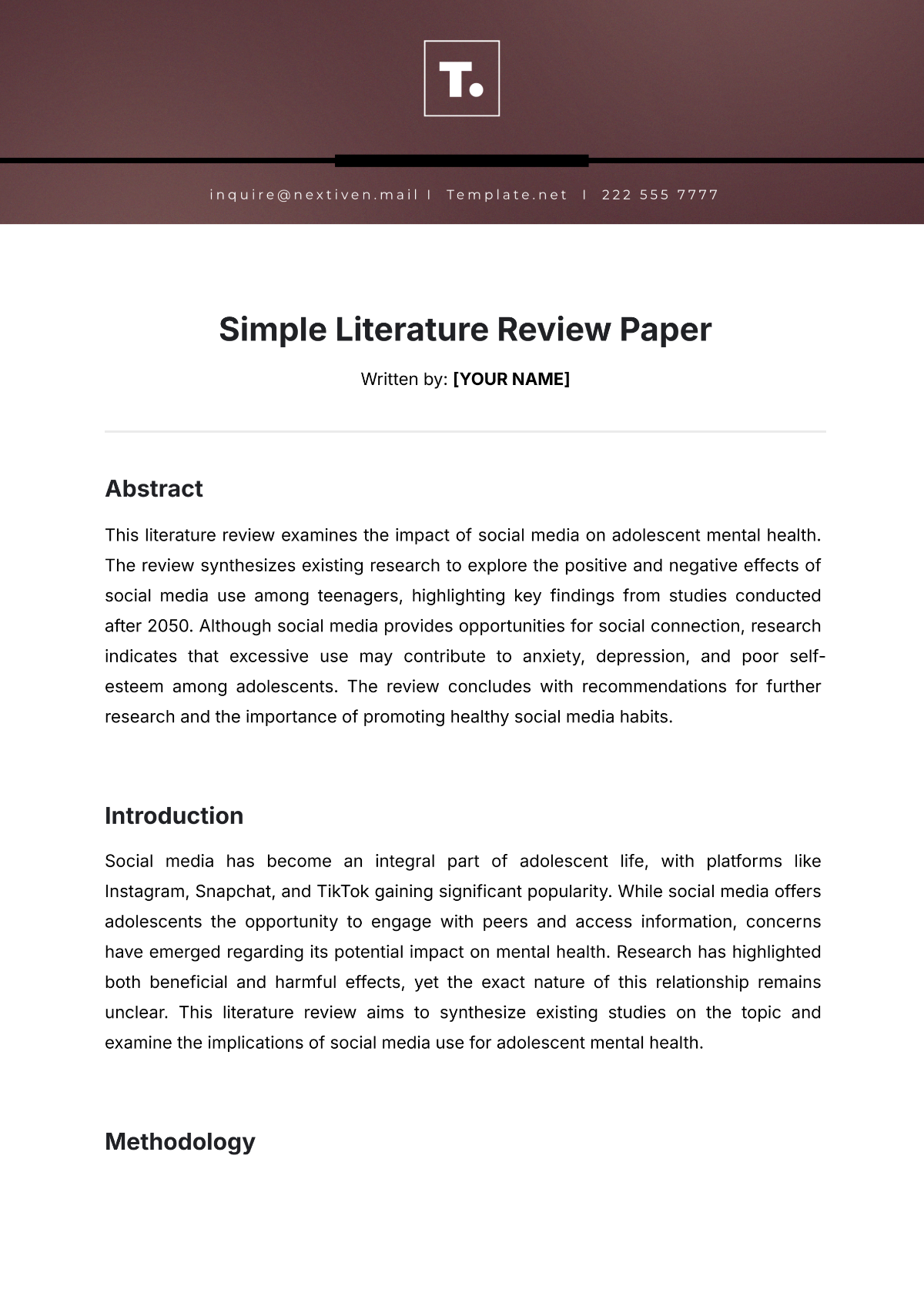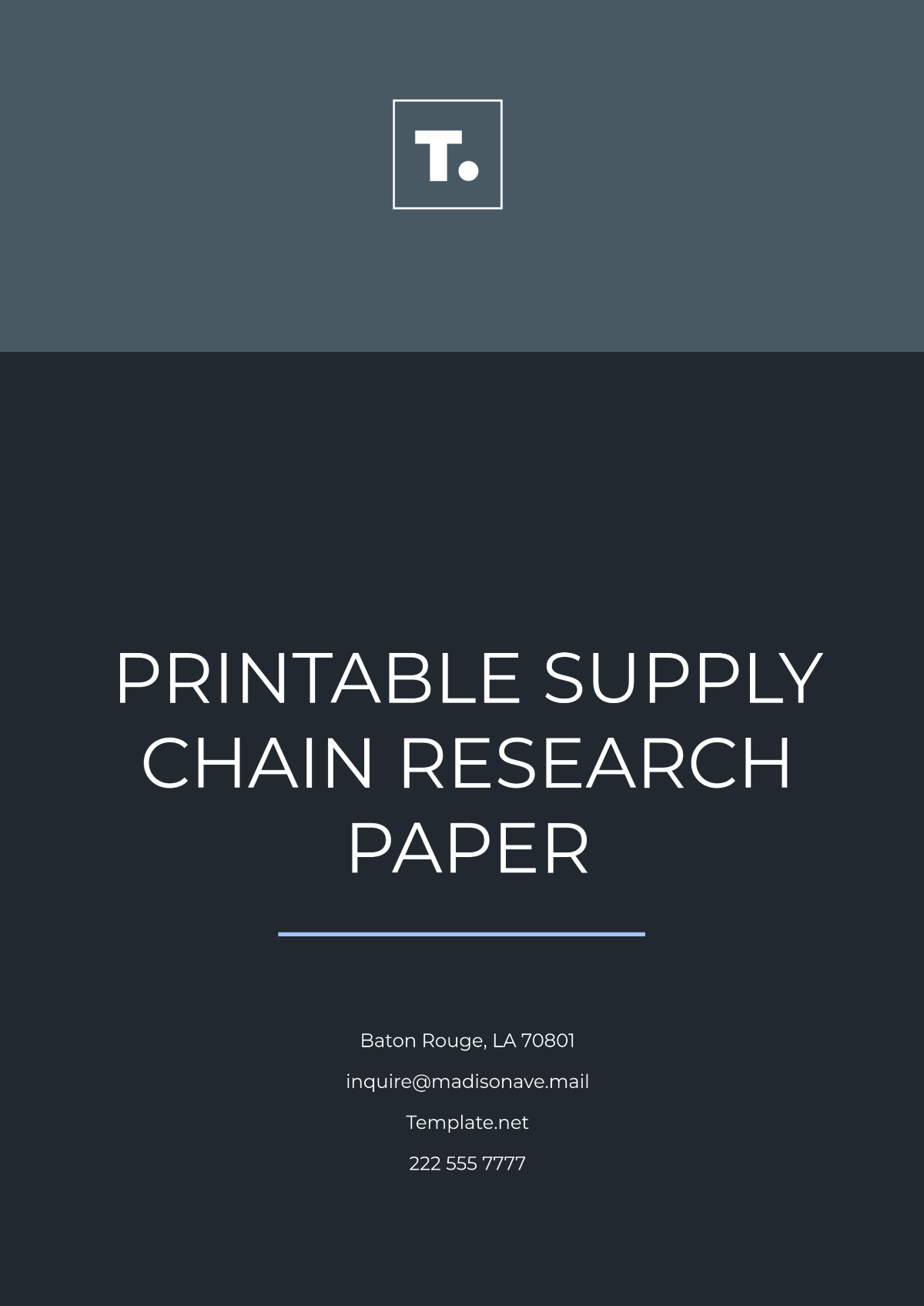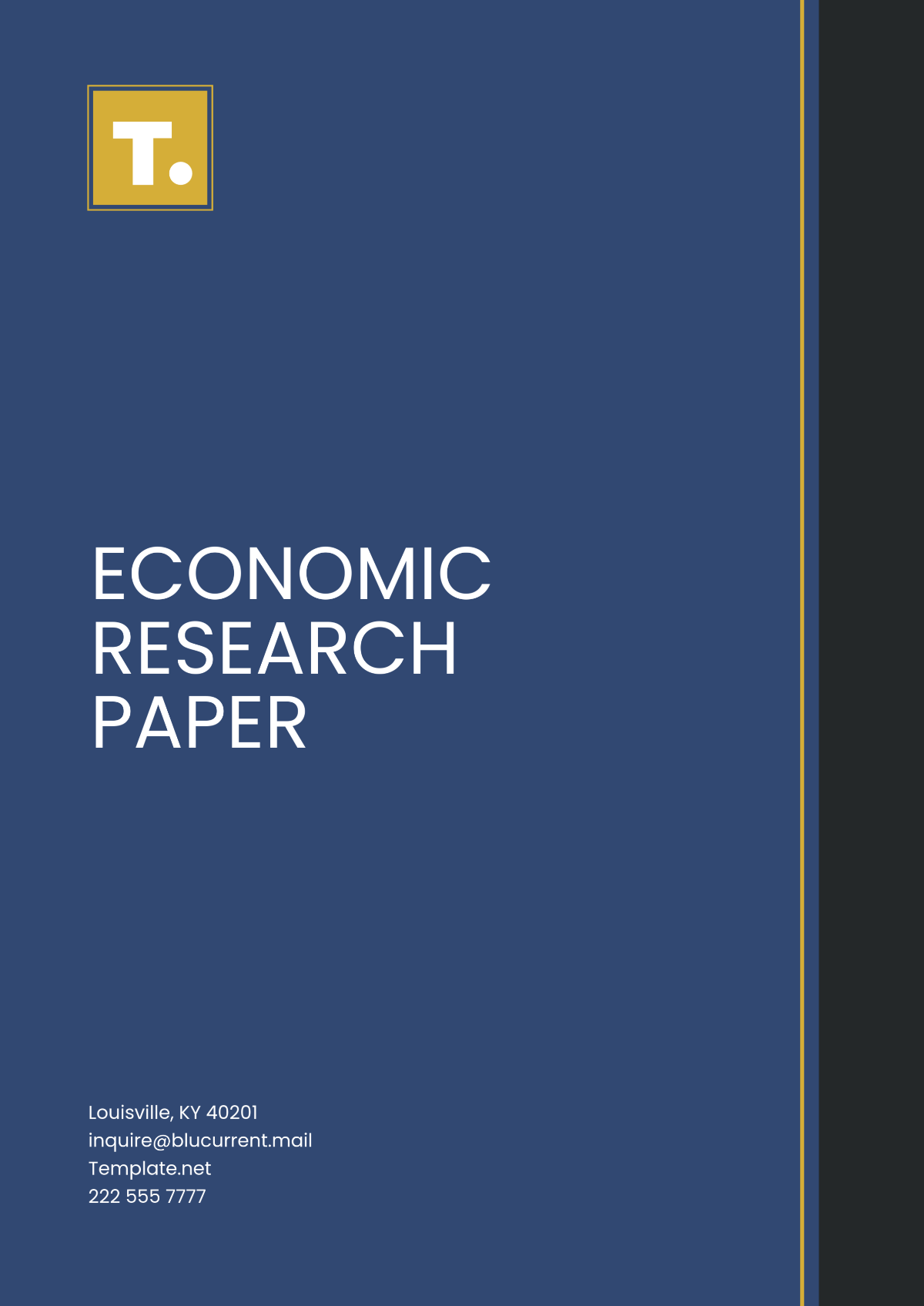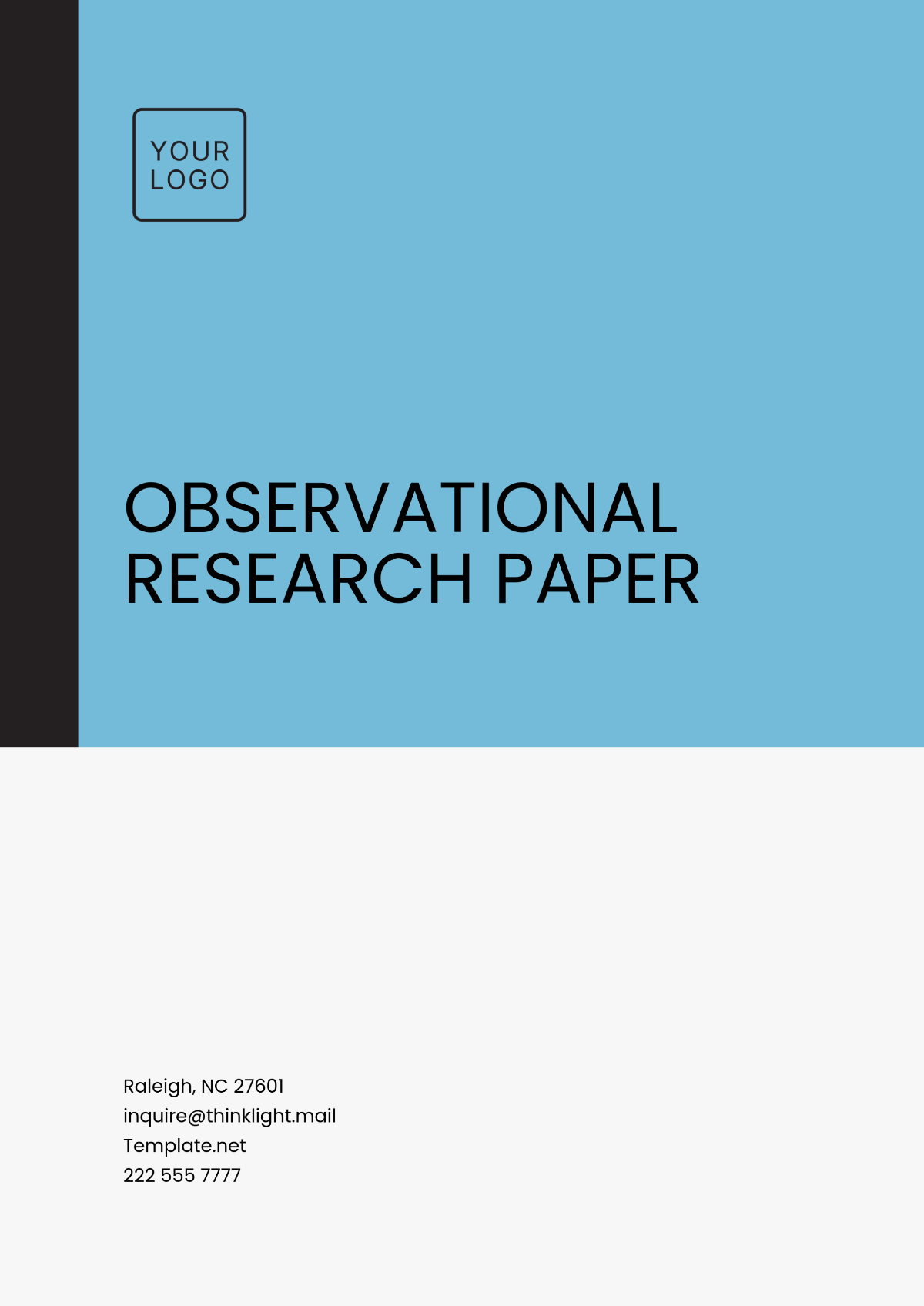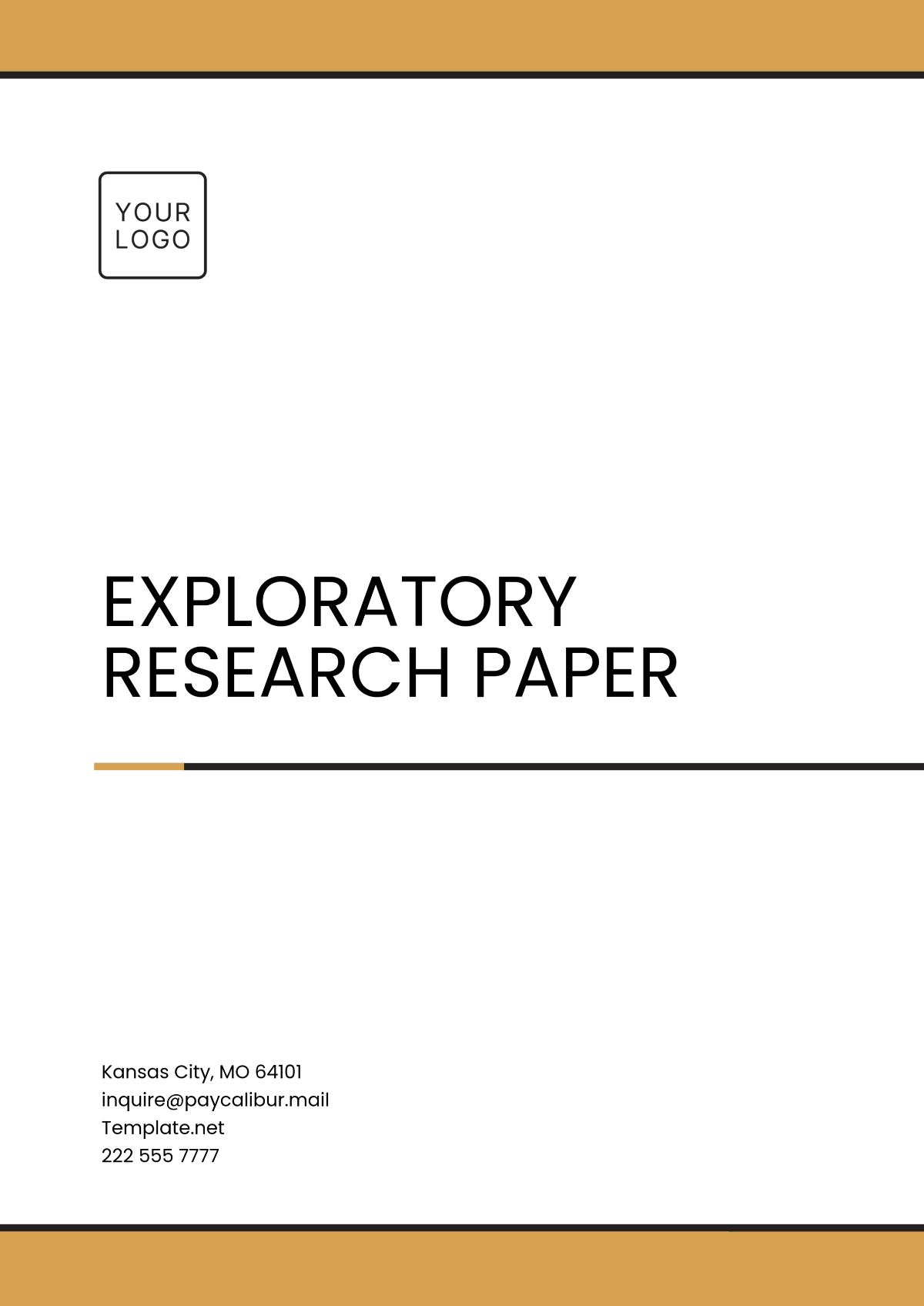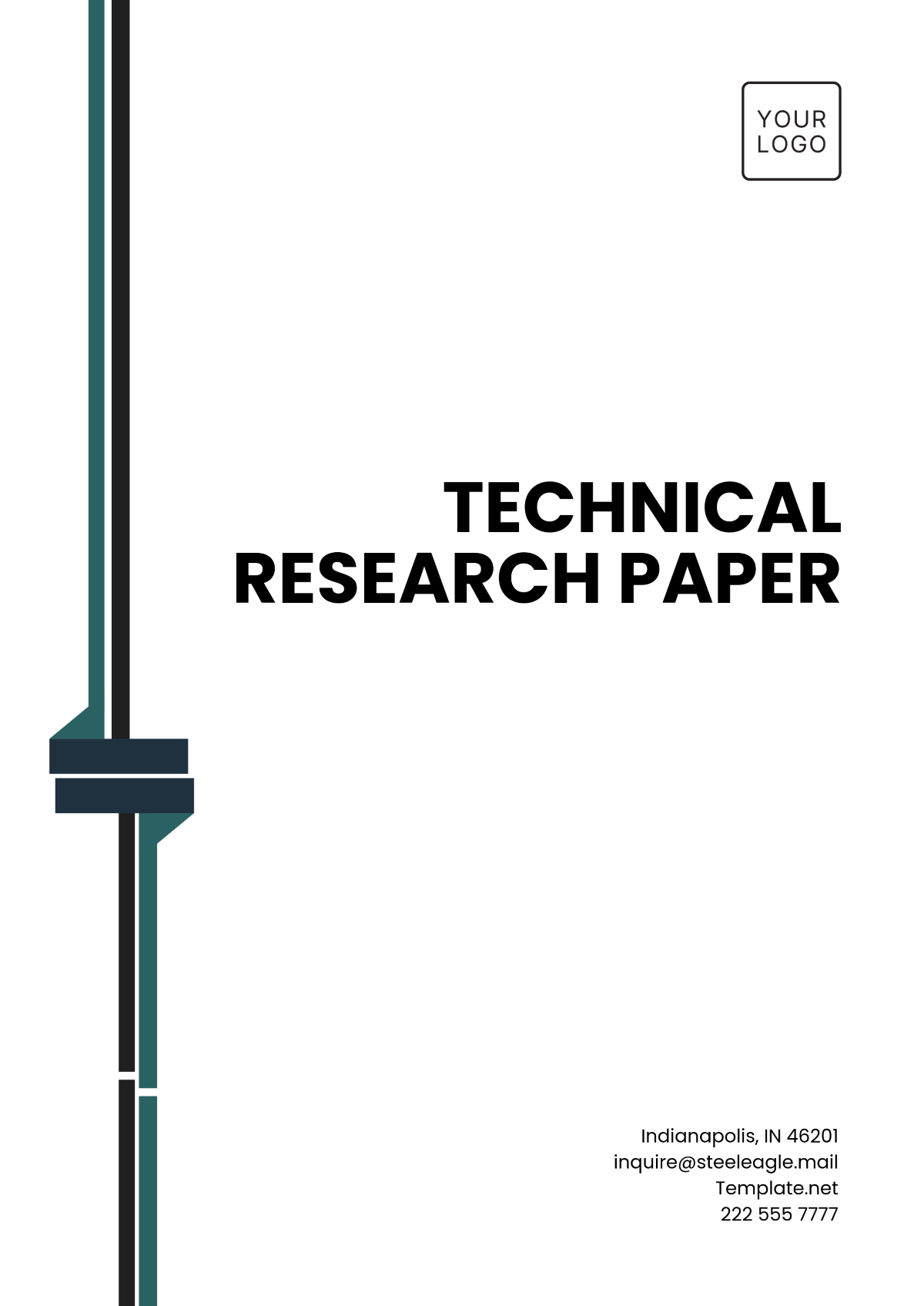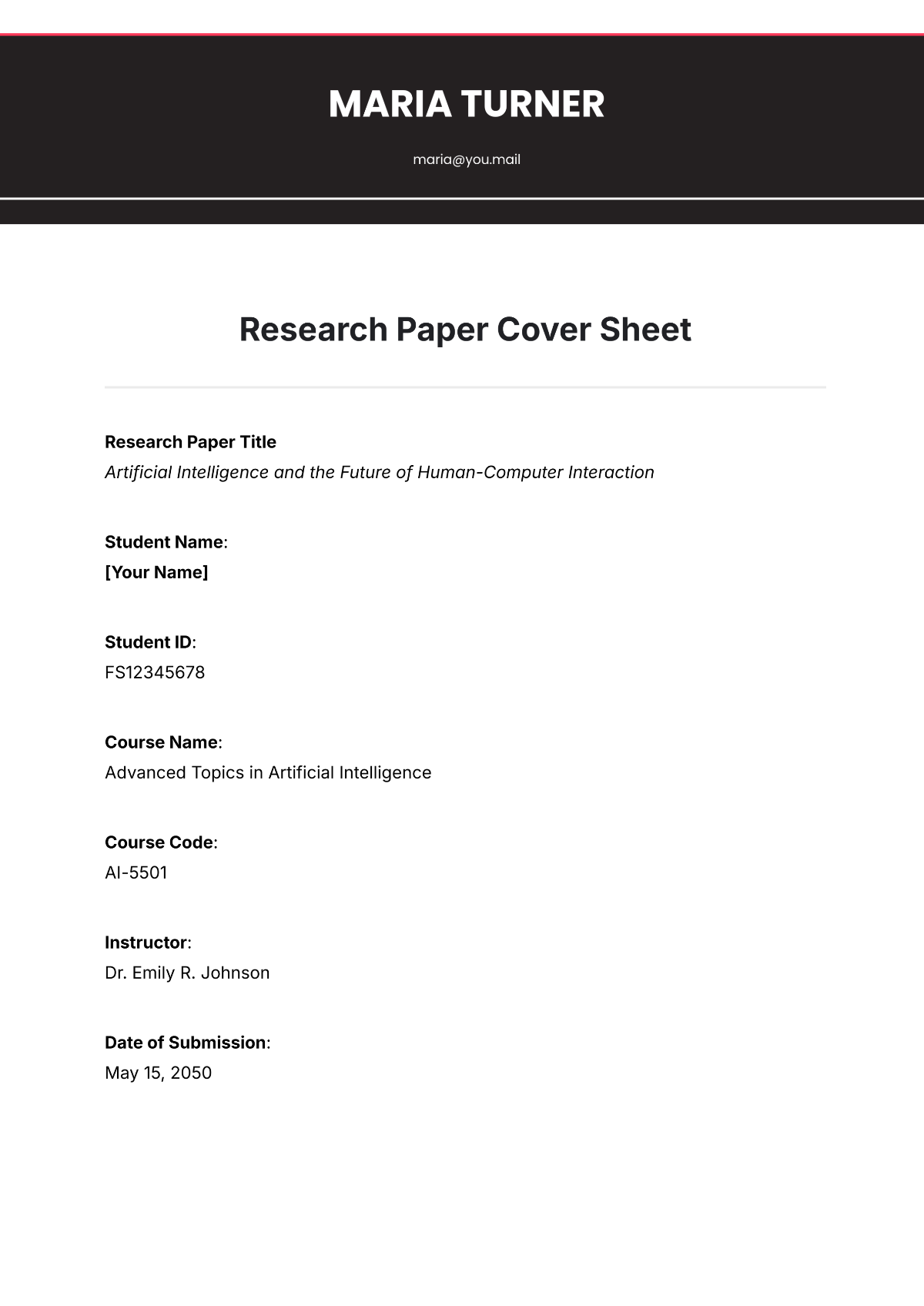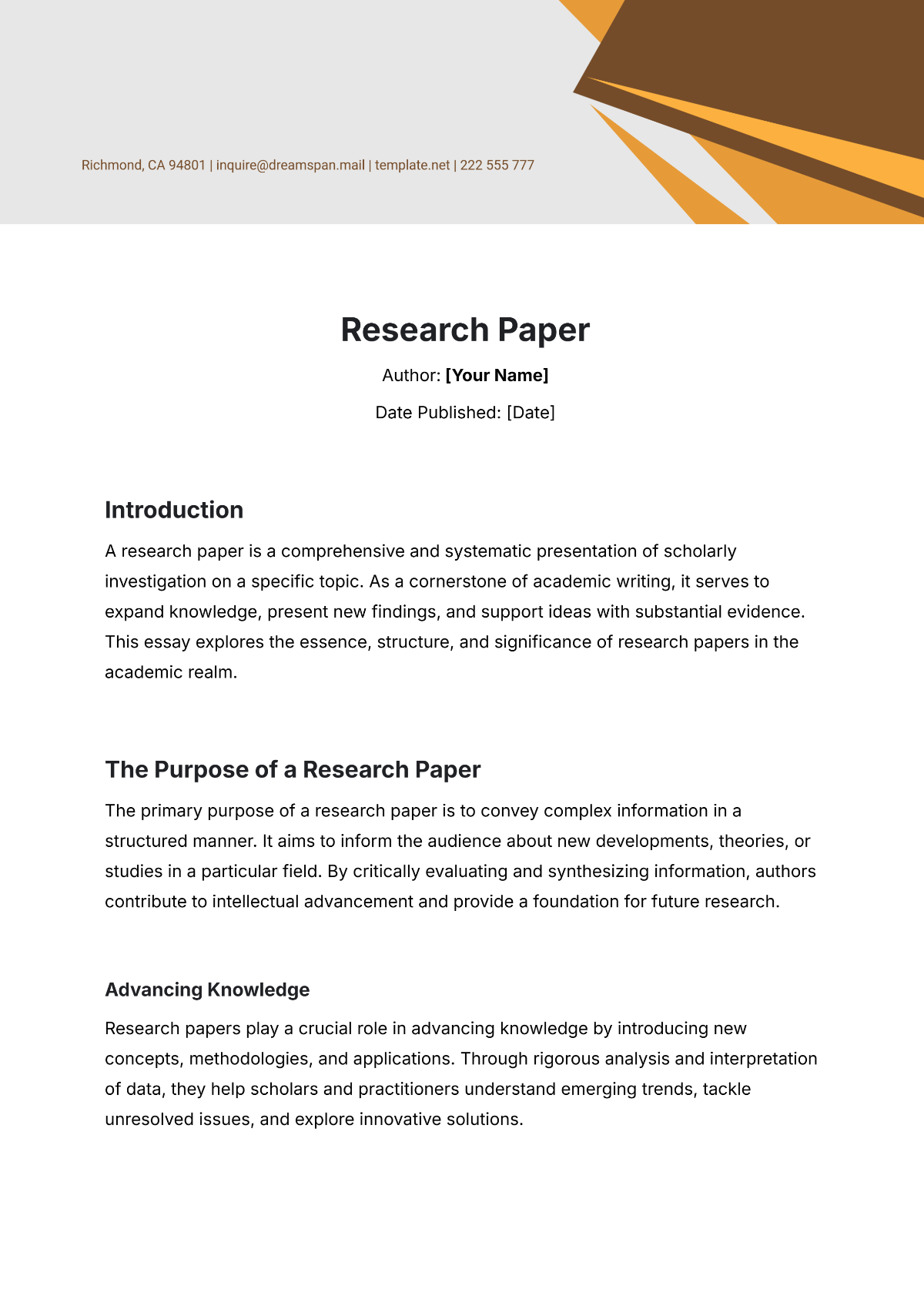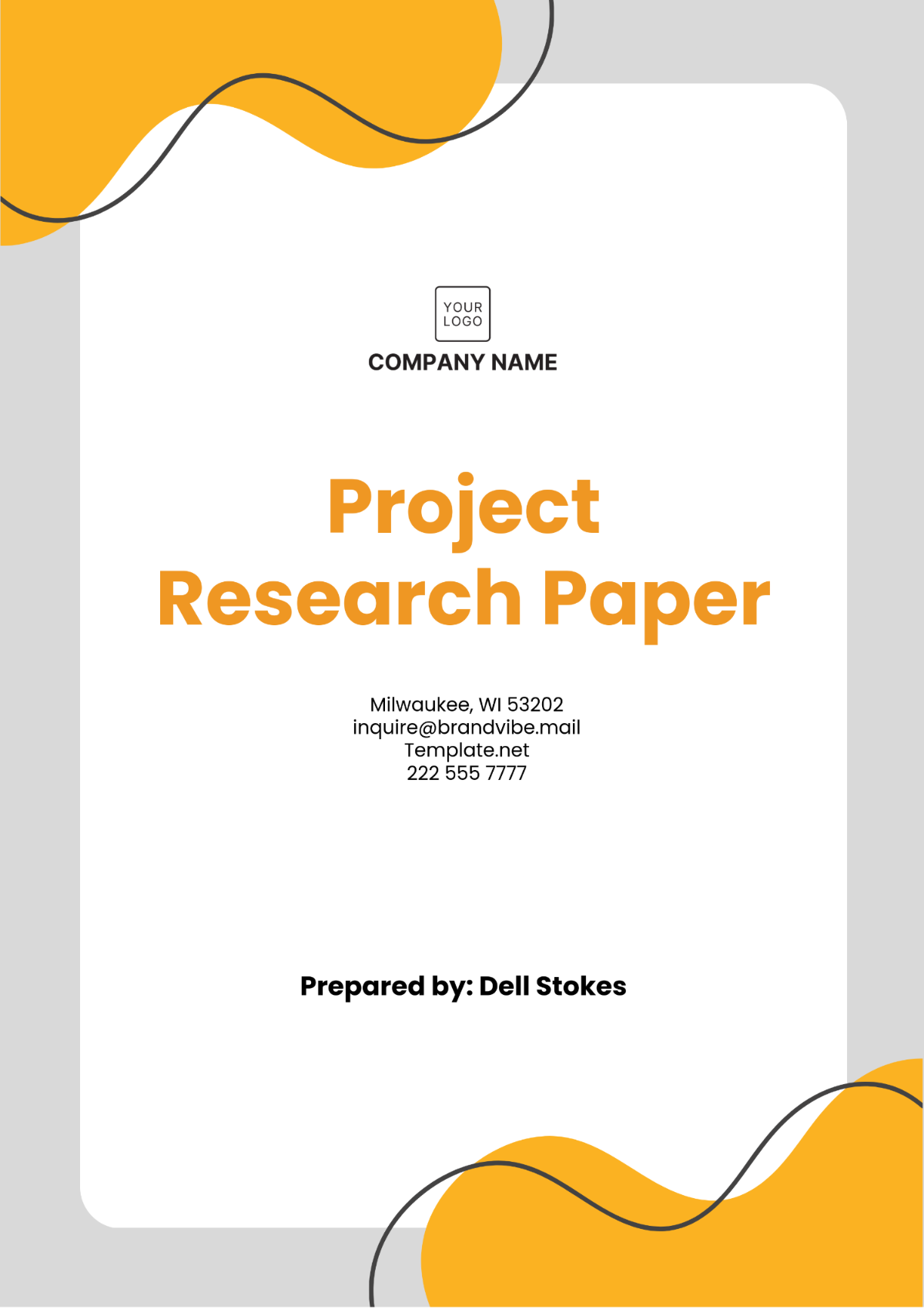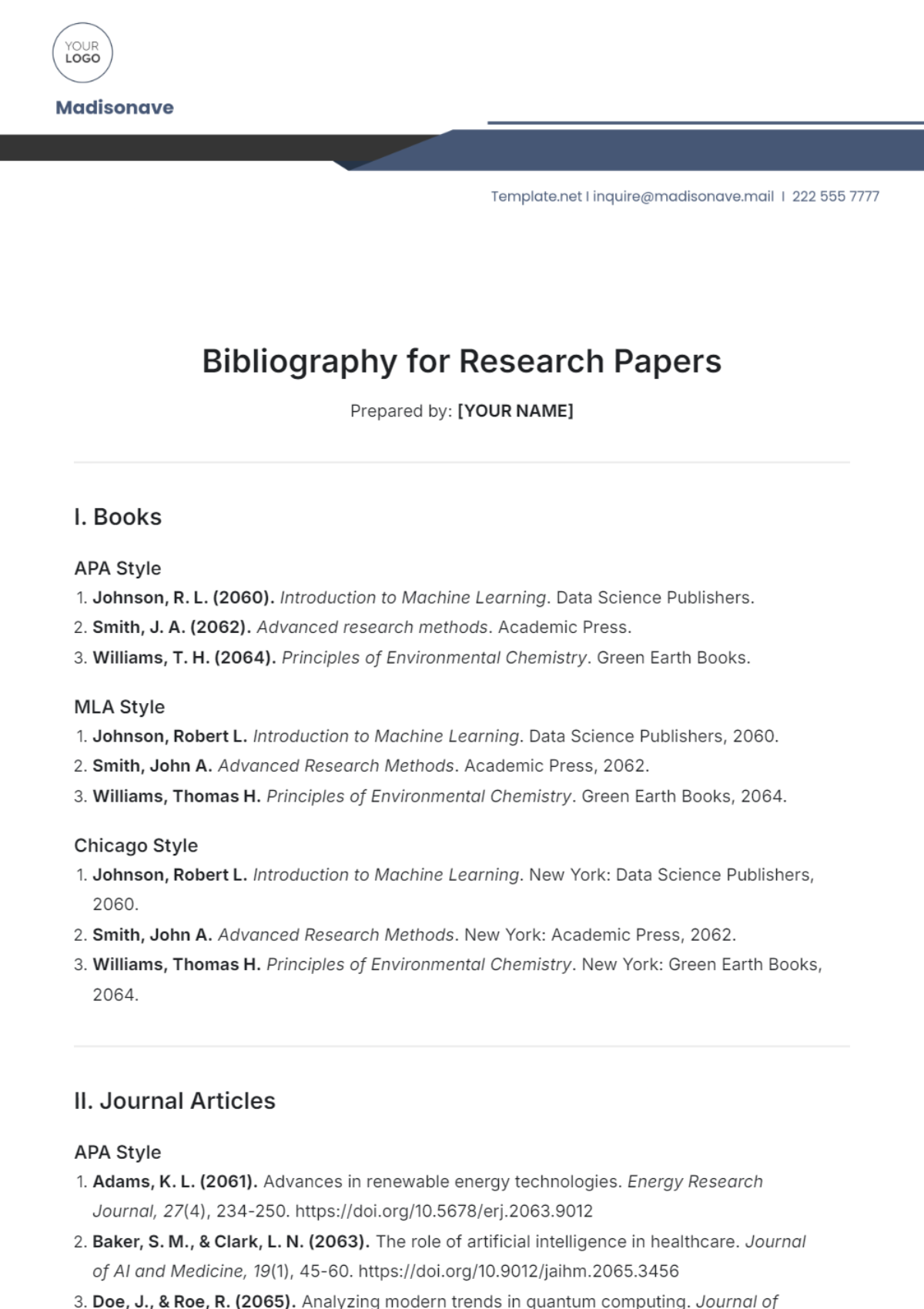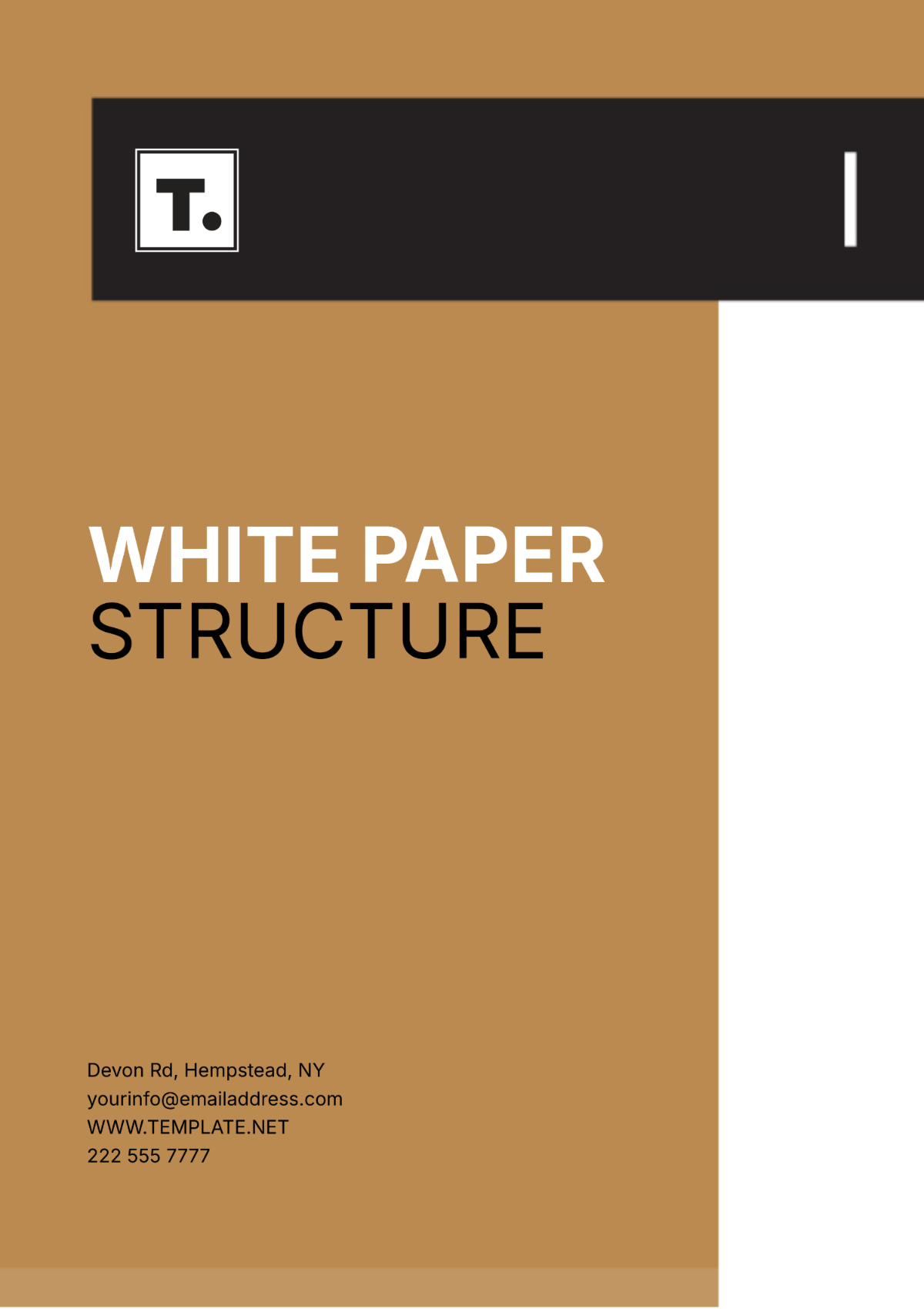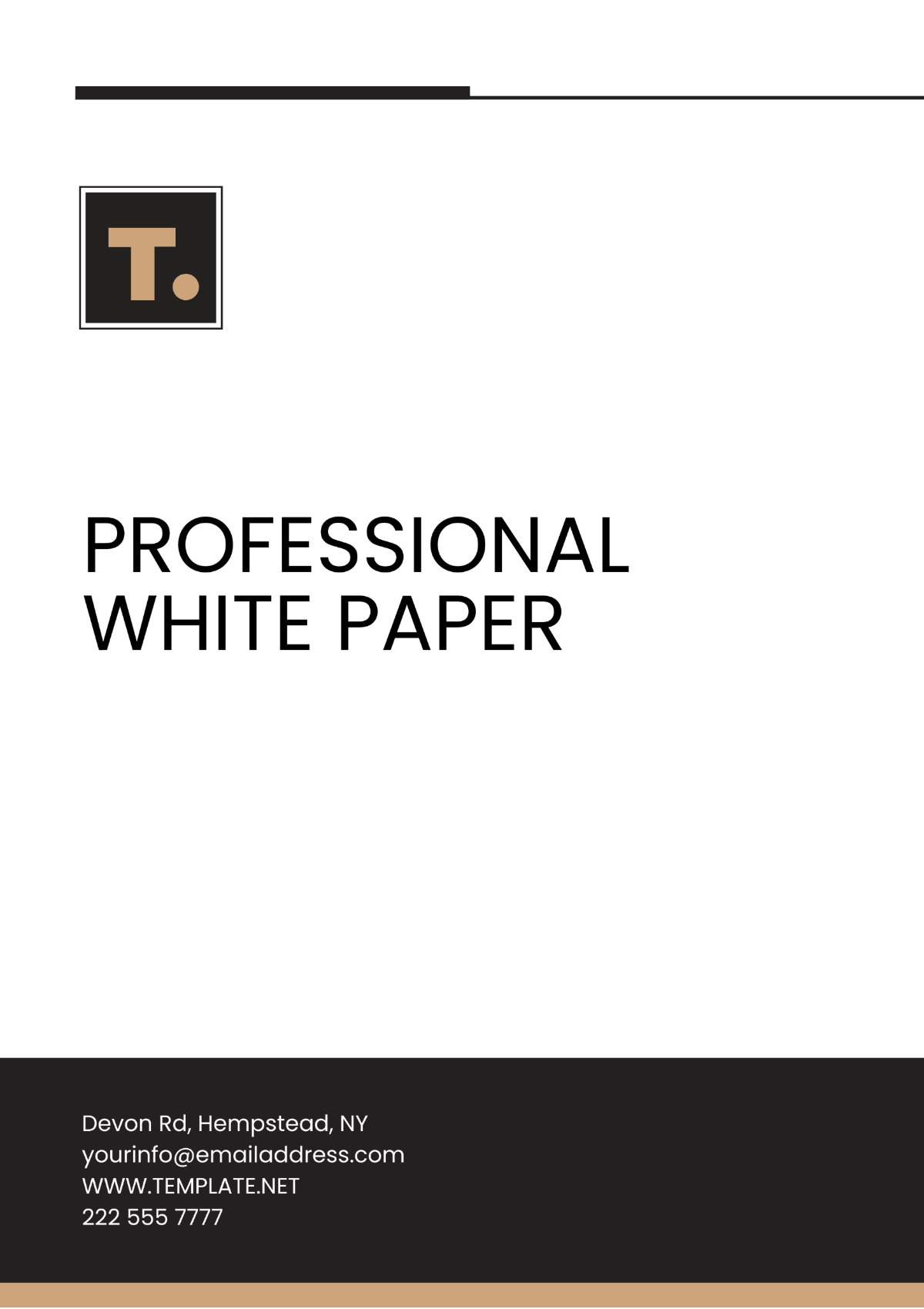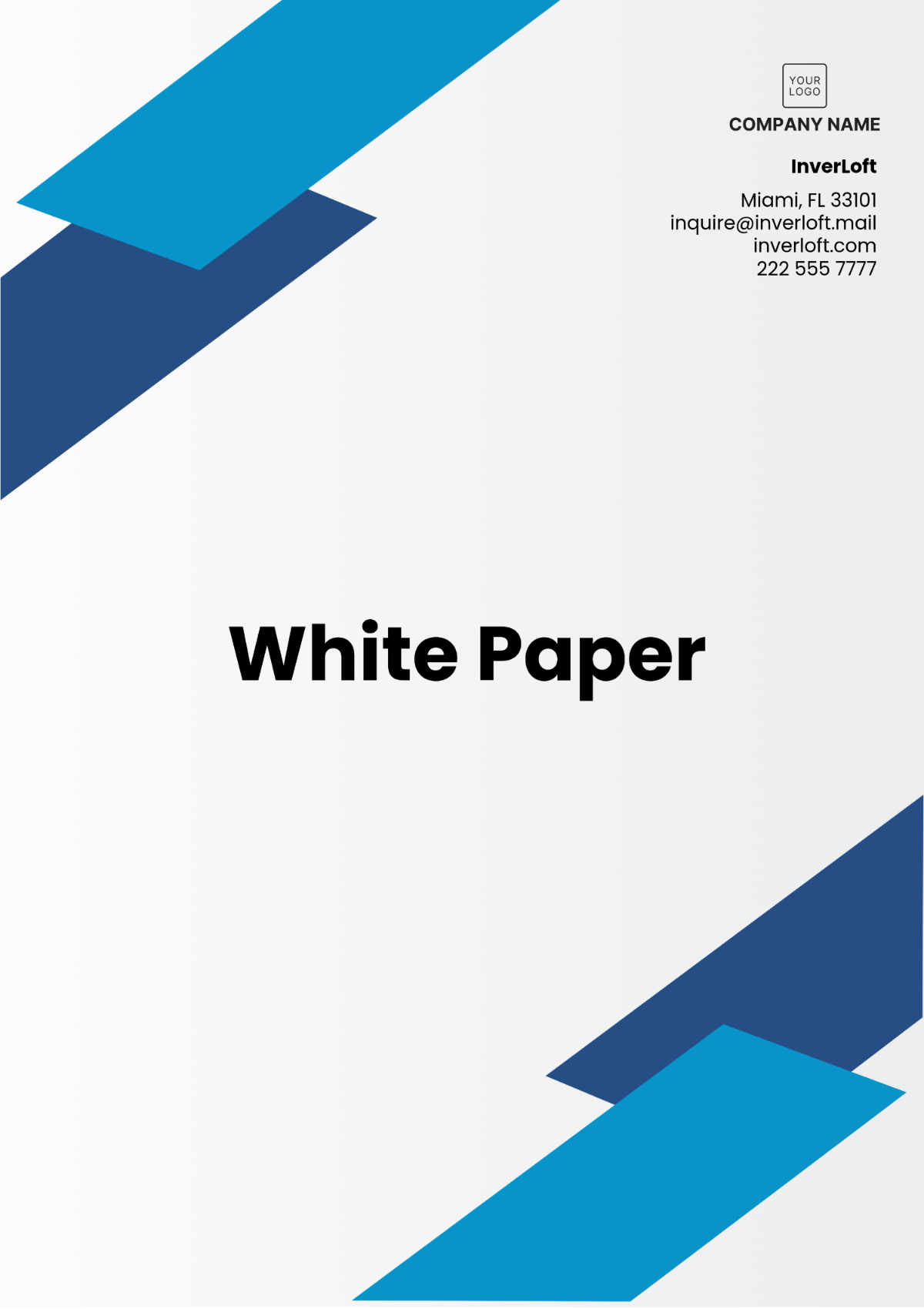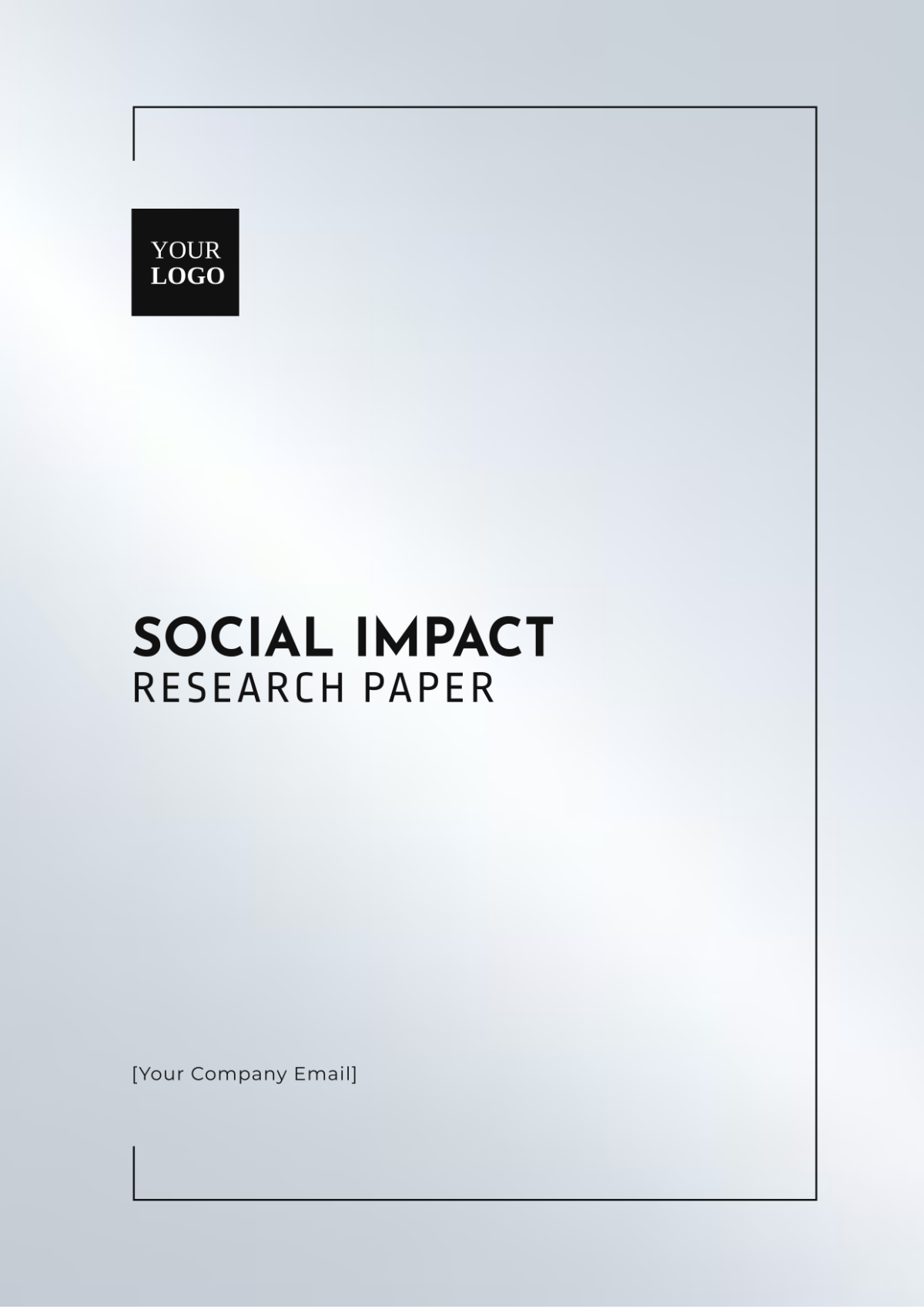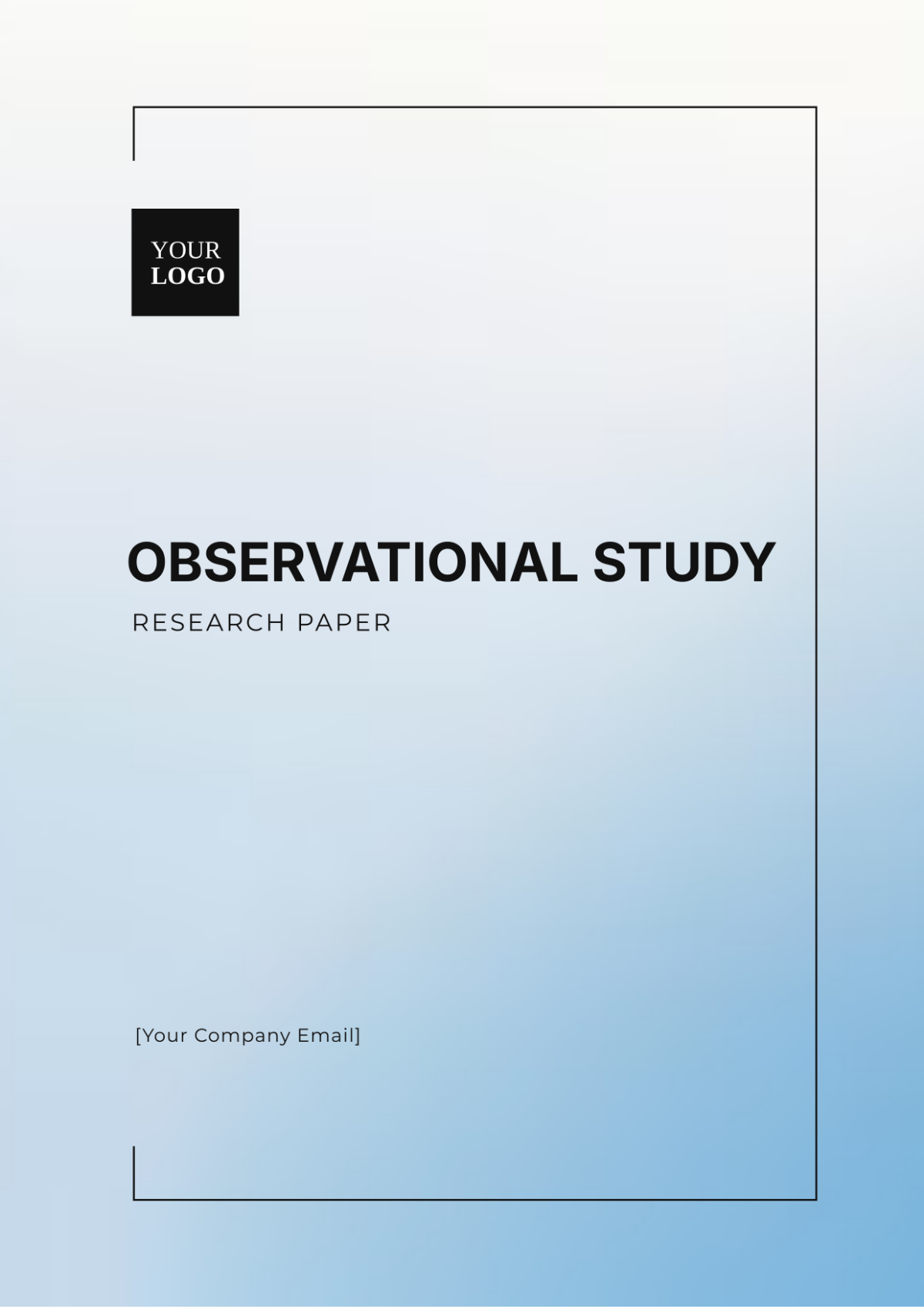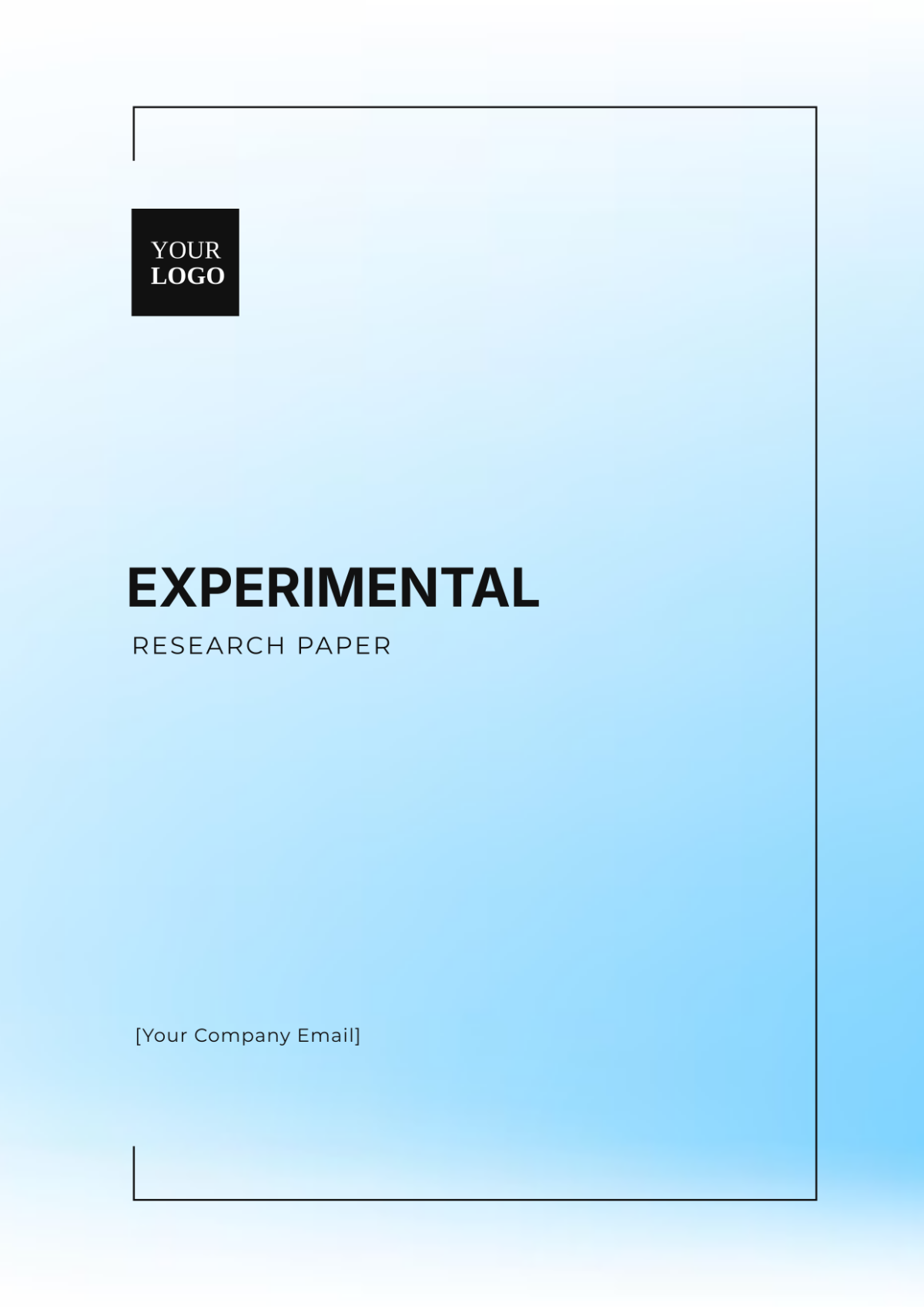APA FORMAT WHITE PAPER
Enhancing Psychological Resilience in the Workplace: Strategies for Building a Thriving Organizational Culture

by [Your Name]
Abstract
Psychological resilience is a critical factor in how individuals respond to stress and adversity in the workplace. This white paper examines the concept of psychological resilience, its impact on employee well-being and performance, and strategies for enhancing resilience in the modern workplace.
I. Introduction
The modern work environment is characterized by rapid change, uncertainty, and complexity. Psychological resilience plays a pivotal role in helping individuals navigate challenges, maintain well-being, and achieve optimal performance.
II. Understanding Psychological Resilience
2.1 Definition and Components of Psychological Resilience
Psychological resilience is the capacity to adapt positively to adversity, trauma, or significant sources of stress. It encompasses cognitive, emotional, and behavioral components, including the ability to regulate emotions, maintain a positive outlook, and effectively problem-solve in challenging situations.
2.2 Theoretical Frameworks of Psychological Resilience
The paper explores various theoretical frameworks of psychological resilience, including the stress and coping theory, the broaden-and-build theory of positive emotions, and the resilience model of stress, coping, and adaptation. Understanding these frameworks can help organizations design more effective resilience-building interventions.
III. Factors Influencing Psychological Resilience
3.1 Individual Factors
Personality traits (e.g., optimism, self-efficacy), cognitive flexibility, and emotional intelligence play a significant role in determining an individual's level of resilience. Organizations can leverage these factors through targeted training and development programs.
3.2 Organizational Factors
Leadership style, organizational culture, and social support systems can impact employee resilience. Organizations that foster a culture of trust, collaboration, and psychological safety are more likely to have resilient employees.
IV. Strategies for Enhancing Psychological Resilience
4.1 Resilience Training Programs
Comprehensive resilience training programs can help employees develop coping skills, stress management techniques, and mindfulness practices. These programs should be tailored to the specific needs of the organization and its workforce.
4.2 Promoting Work-Life Integration
Organizations can support employees in achieving work-life integration by offering flexible work arrangements, promoting a culture of work-life balance, and providing resources for managing work-related stress.
4.3 Building Social Support Networks
Facilitating the development of social support networks among employees through team-building activities, mentorship programs, and employee resource groups can be beneficial. These networks can serve as a source of emotional support during challenging times.
V. Advanced Strategies for Enhancing Psychological Resilience
5.1 Mindfulness and Resilience
Integrating mindfulness practices into daily work routines can help employees manage stress, improve focus, and enhance emotional regulation. Mindfulness-based resilience programs have been shown to reduce burnout and enhance well-being.
5.2 Strengths-Based Approaches
Utilizing strengths-based approaches can help employees leverage their unique strengths to overcome challenges and build resilience. Strengths assessments and coaching can be valuable tools in this process.
5.3 Crisis Preparedness and Response
Developing crisis preparedness and response plans can help organizations mitigate the impact of unexpected events on employee well-being and resilience. Providing training on crisis management and offering resources for coping can enhance employee readiness.
VI. Case Studies: Exemplars of Psychological Resilience in Organizations
6.1 [Company Name]: Building Resilience Through Leadership Development
[Company Name] invested in leadership development programs that focused on building emotional intelligence and resilience among its leaders. This investment resulted in a more resilient leadership team that was better equipped to navigate challenges and support their teams effectively.
6.2 [Company Name]: Creating a Culture of Well-being
[Company Name] implemented a holistic well-being program that included resilience training, mental health support, and initiatives to promote work-life balance. As a result, employees reported higher levels of job satisfaction, lower stress levels, and increased productivity.
VII. Evaluating the Impact of Resilience-Building Initiatives
7.1 Measuring Resilience
Using validated assessment tools, organizations can measure the effectiveness of resilience-building initiatives and track changes in employee resilience over time. This data can inform future interventions and program improvements.
7.2 Feedback and Continuous Improvement
Collecting feedback from employees about resilience-building programs can provide valuable insights into their effectiveness and identify areas for improvement. Organizations should use this feedback to continuously refine their approach to resilience building.
VIII. Conclusion
Enhancing psychological resilience in the workplace is a multifaceted endeavor that requires a comprehensive and strategic approach. By implementing advanced strategies and continuously evaluating their impact, organizations can create a culture of well-being, innovation, and sustained performance.
IX. About the Author
[Your Name] is a licensed psychologist specializing in organizational psychology and workplace well-being. With over 20 years of experience, [Your Name] has helped numerous organizations improve employee resilience, mental health, and performance.
X. Contact Information
For more information or to discuss how to enhance psychological resilience in your organization, please contact [Your Name] at [Your Company Email] or [Your Company Number].
References
American Psychological Association. (n.d.). Building your resilience. https://www.apa.org/topics/resilience
Garmezy, N. (1993). Children in poverty: Resilience despite risk. Psychiatry, 56(1), 127-136.
Luthar, S. S., Cicchetti, D., & Becker, B. (2000). The construct of resilience: A critical evaluation and guidelines for future work. Child Development, 71(3), 543-562.
This white paper provides a detailed examination of psychological resilience in the workplace, including theoretical frameworks, influencing factors, advanced strategies for enhancement, case studies, and methods for evaluating impact.

